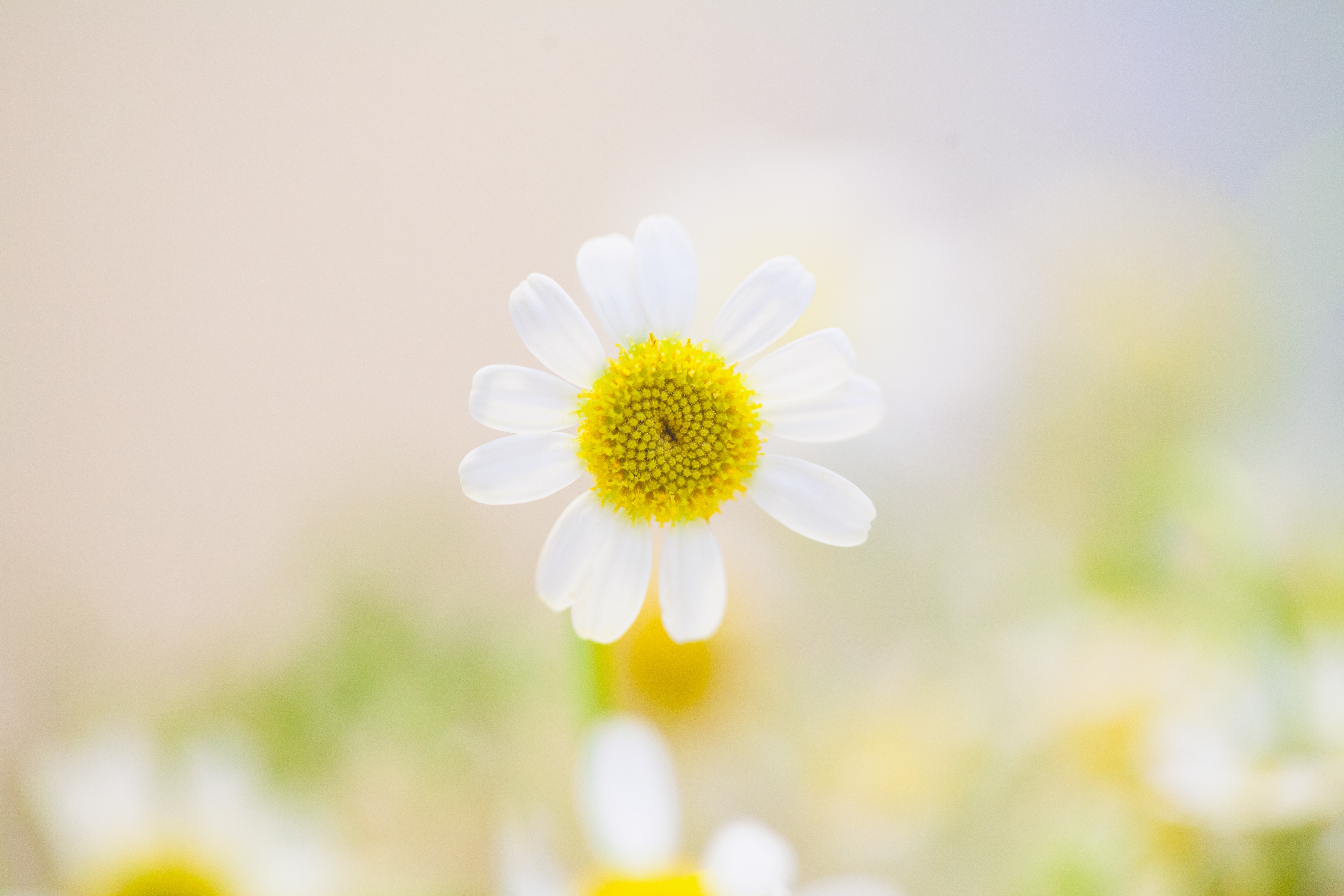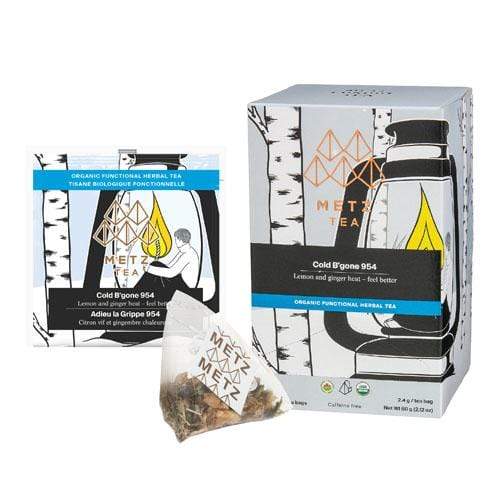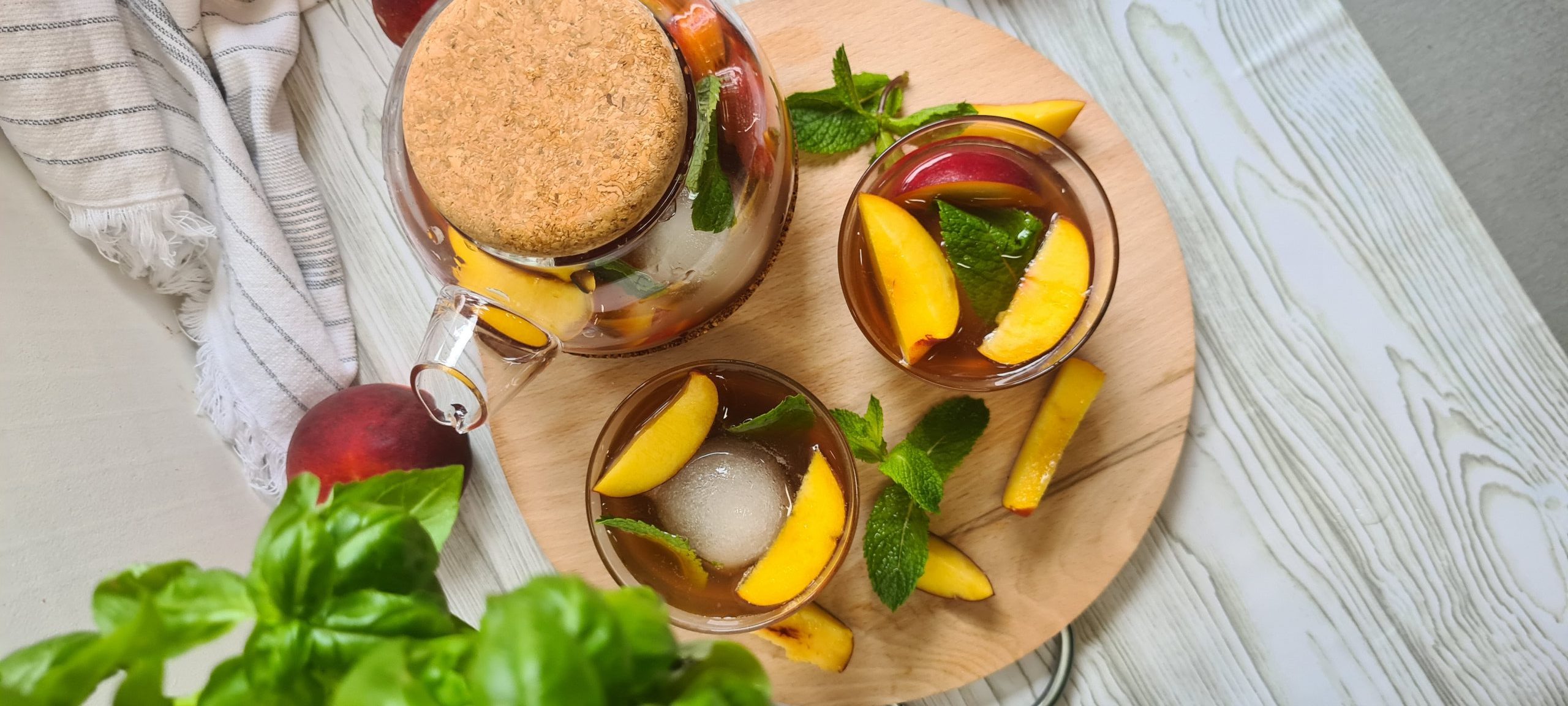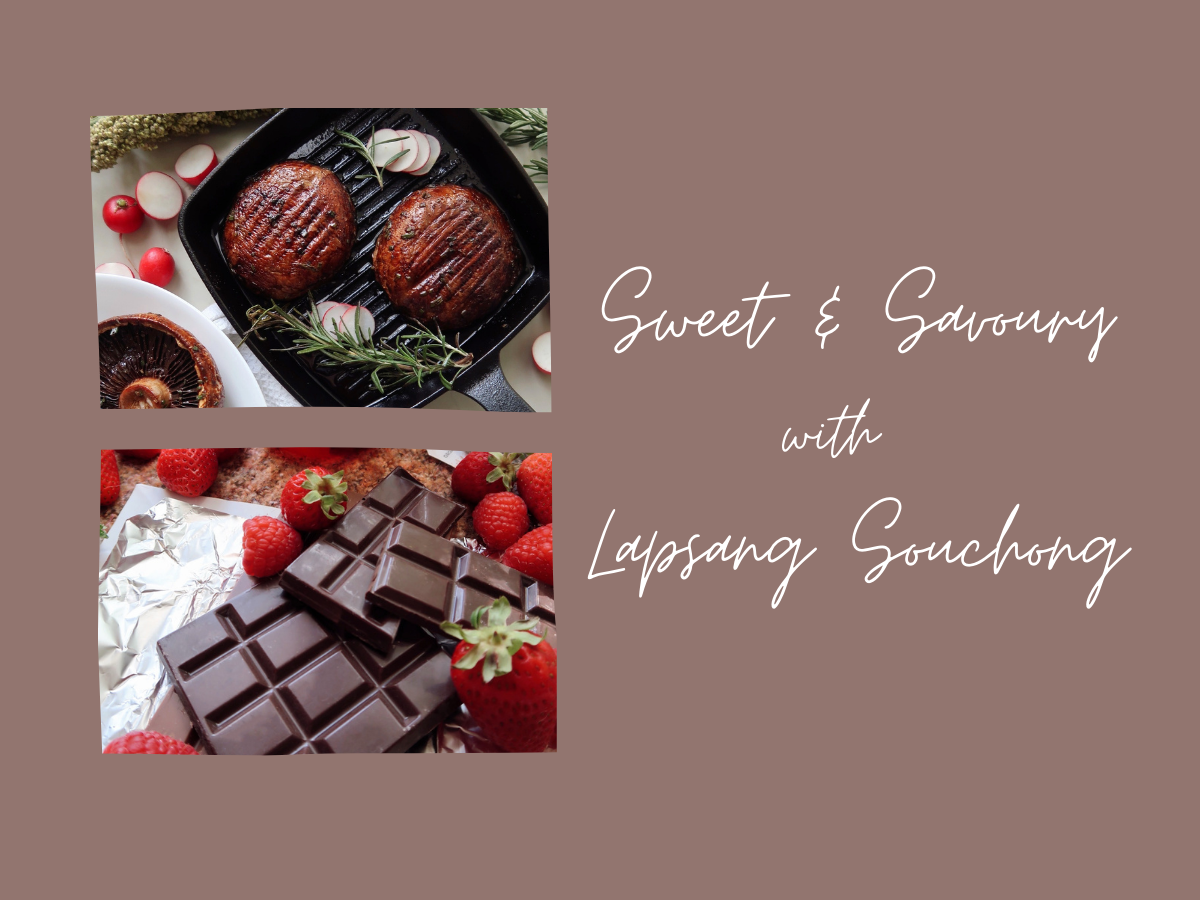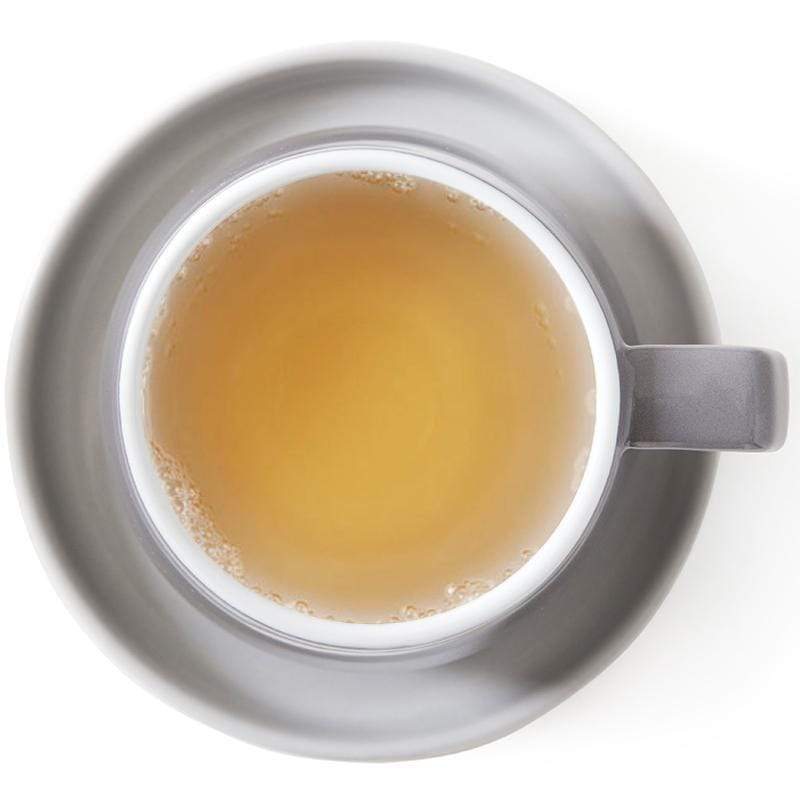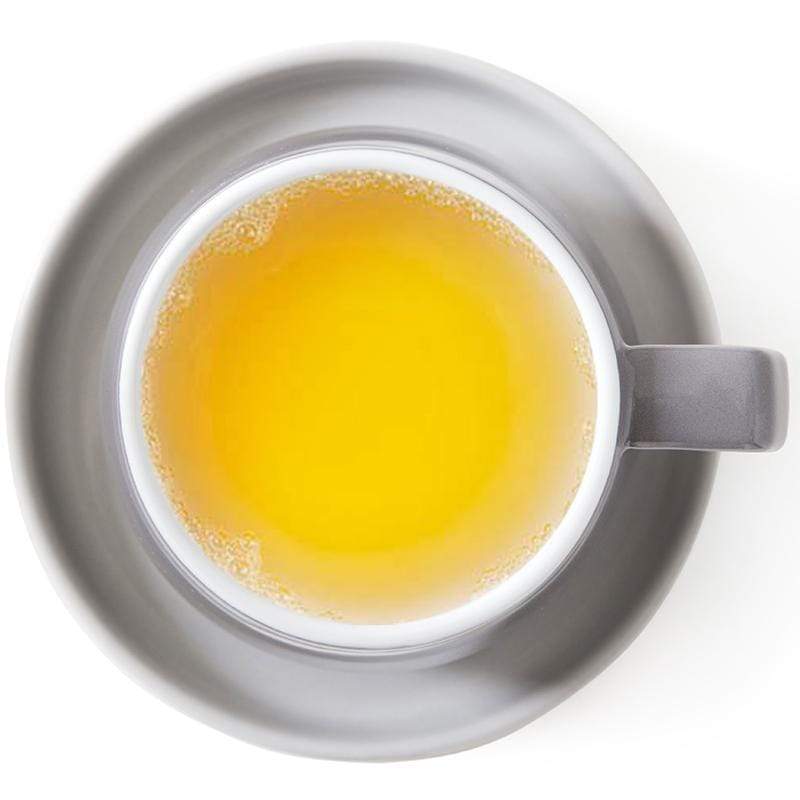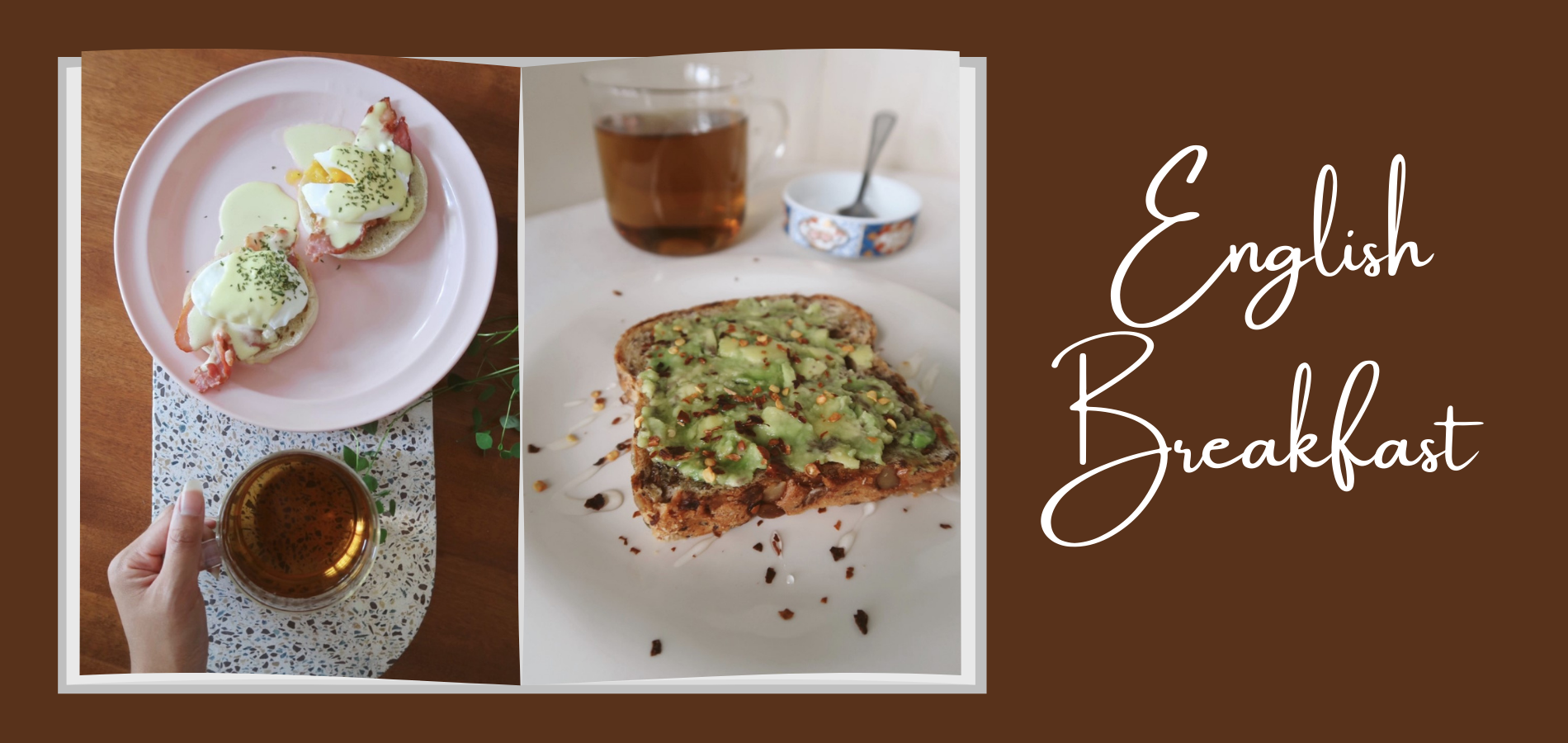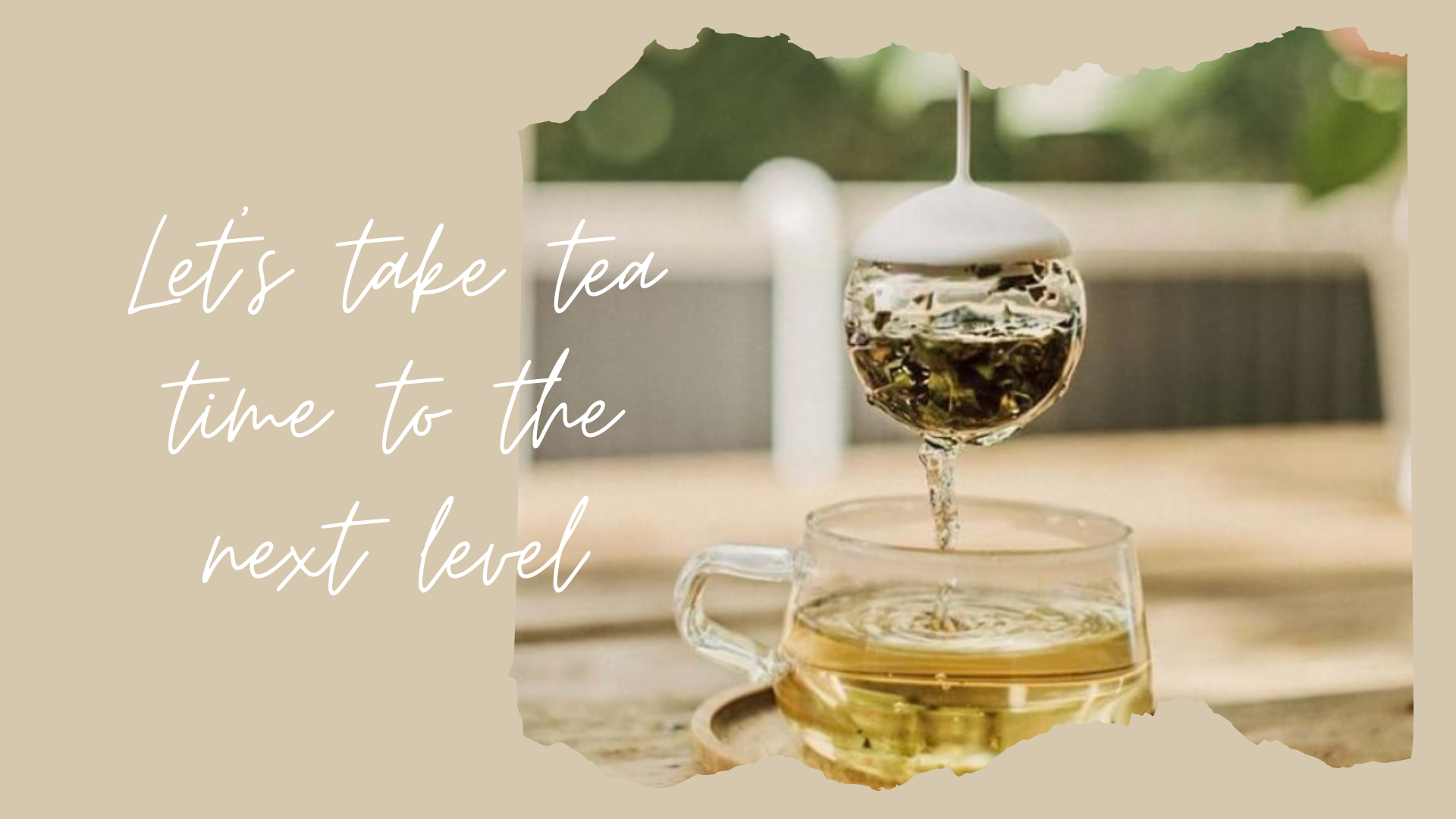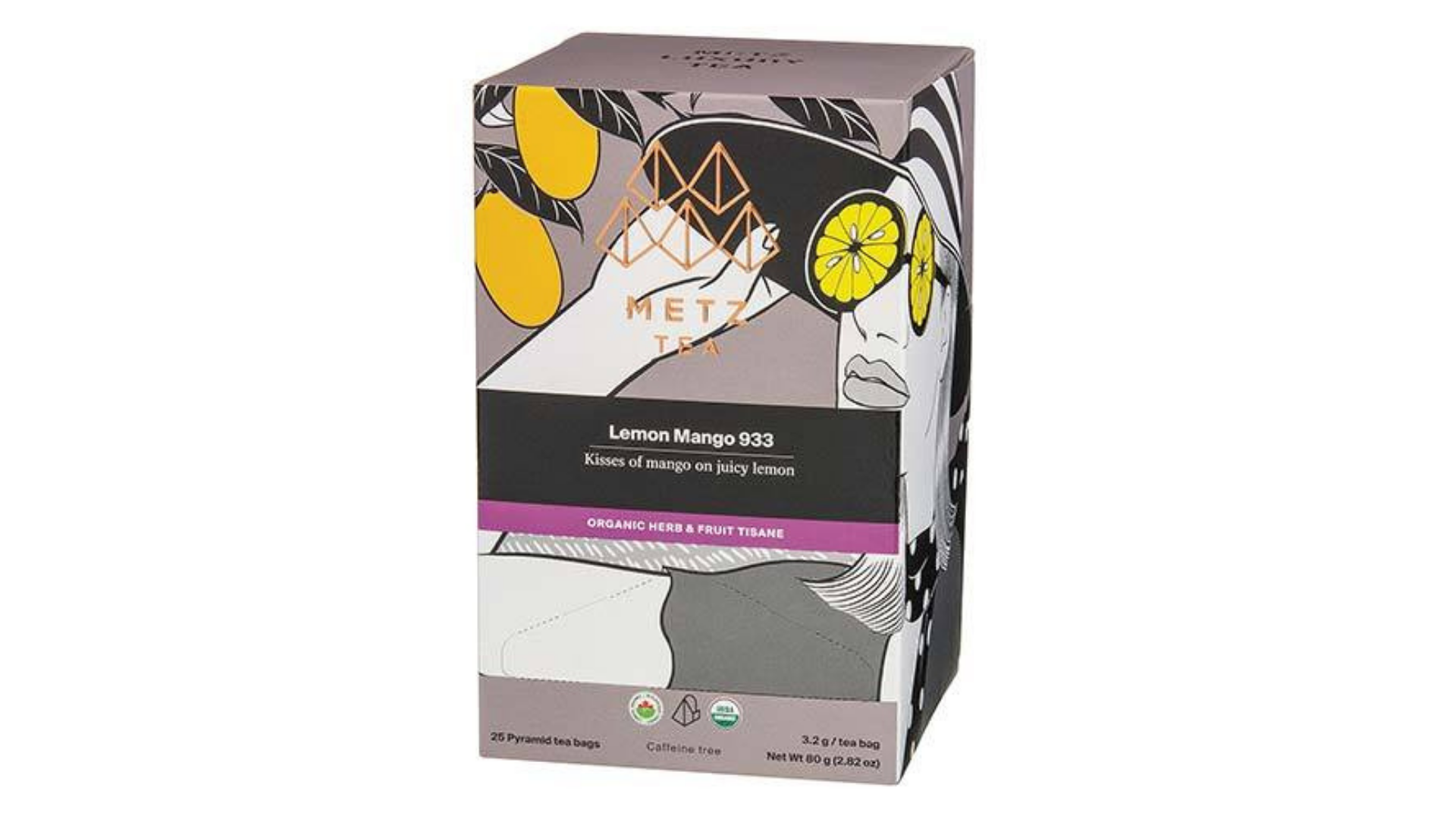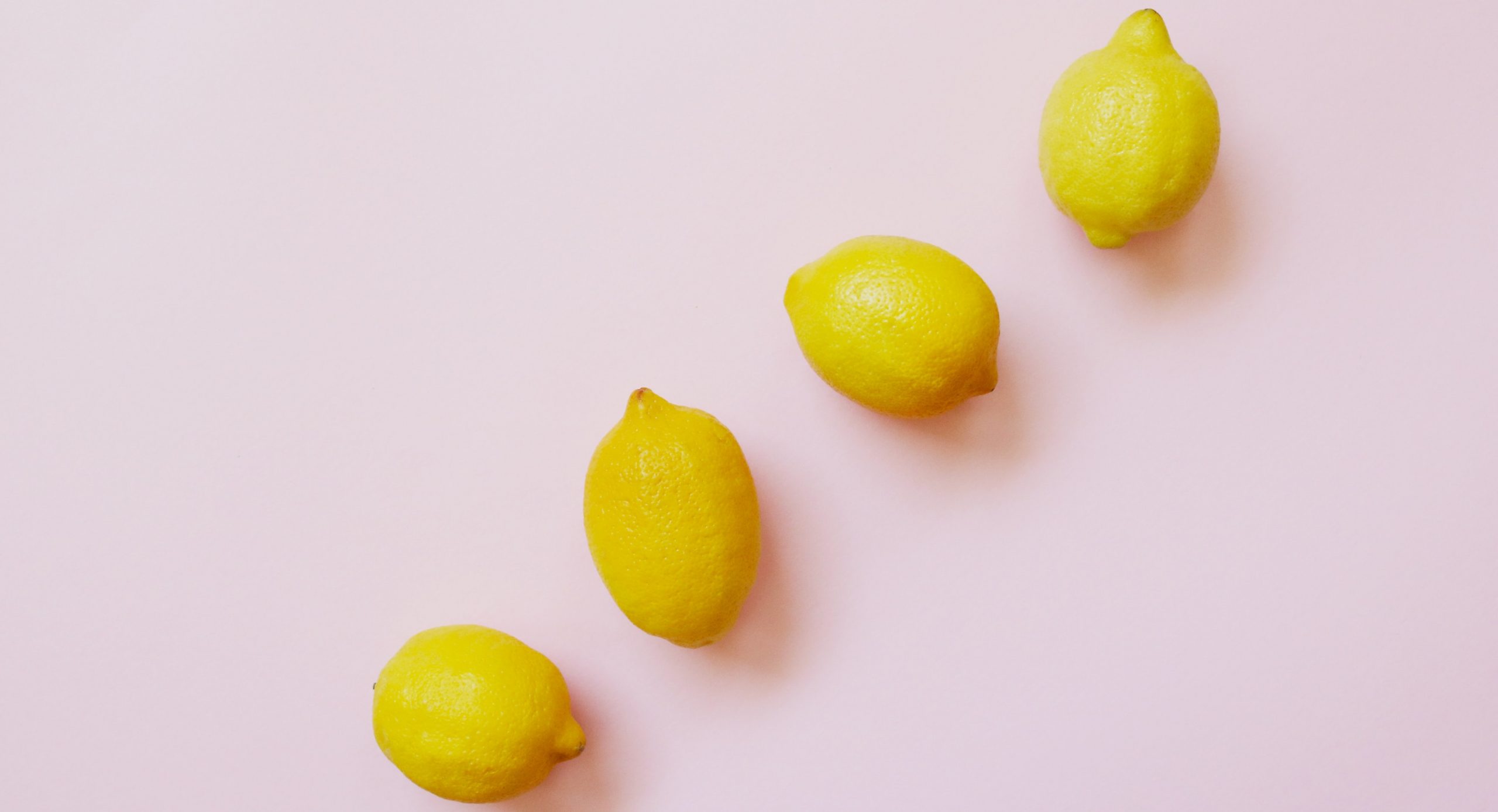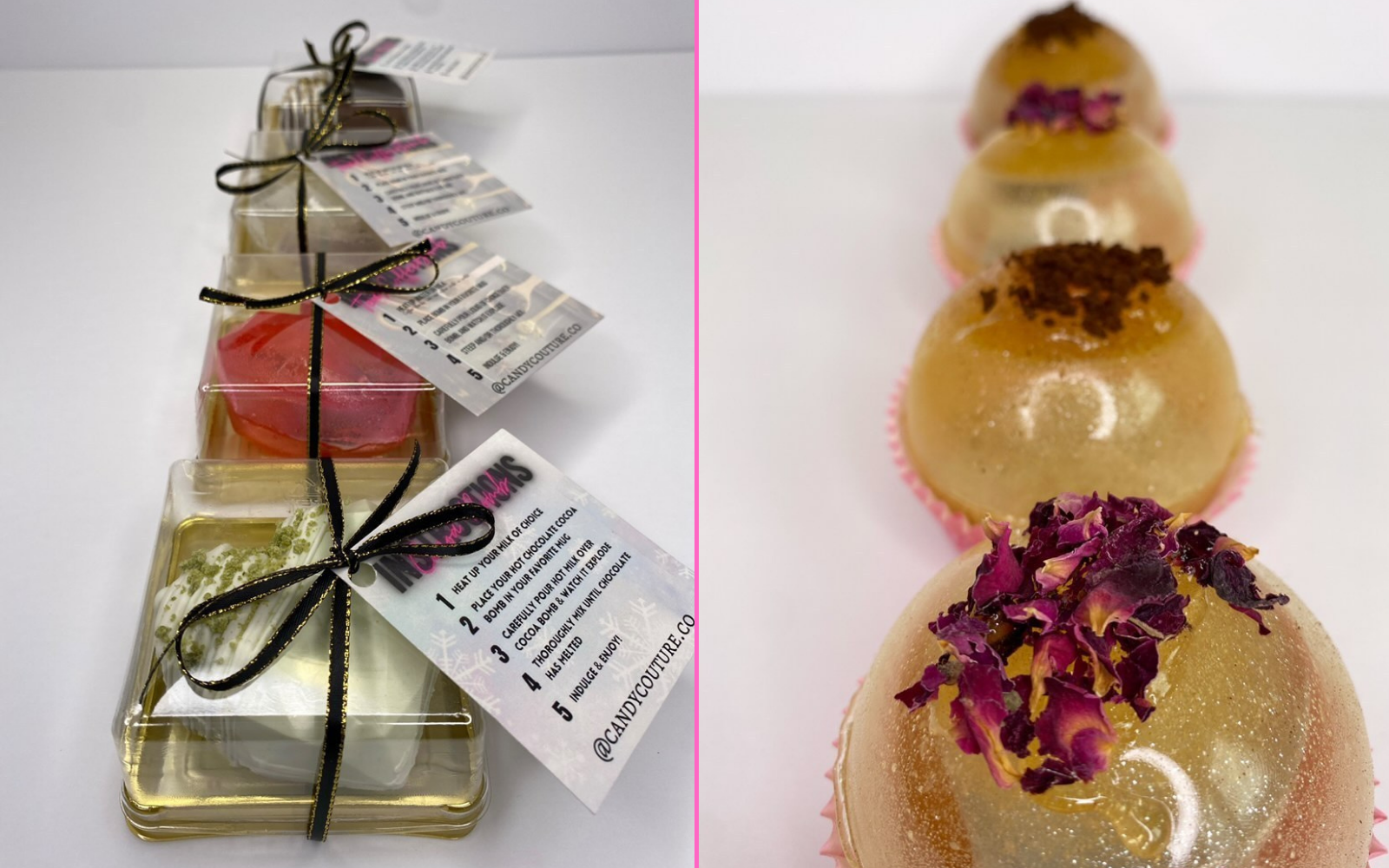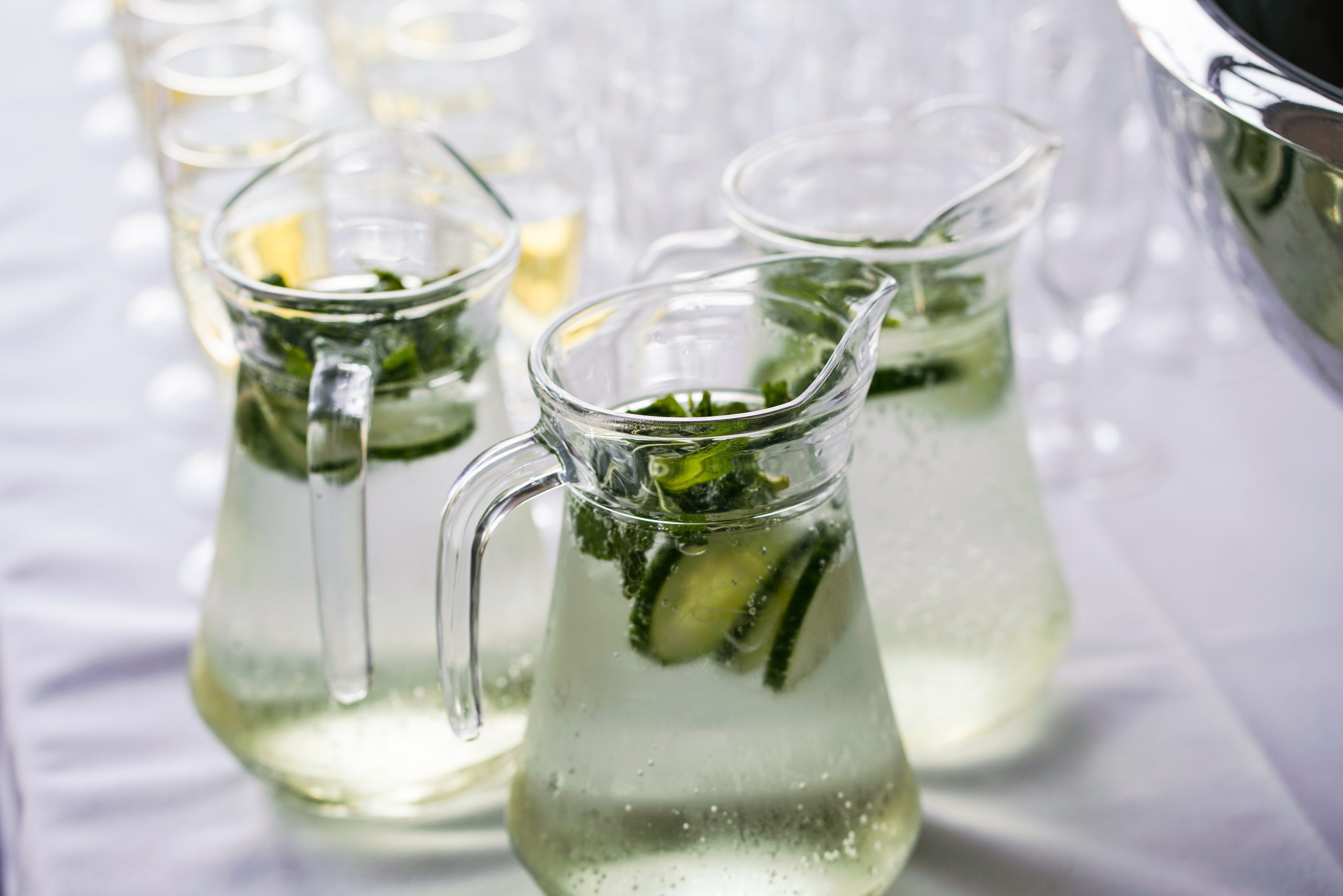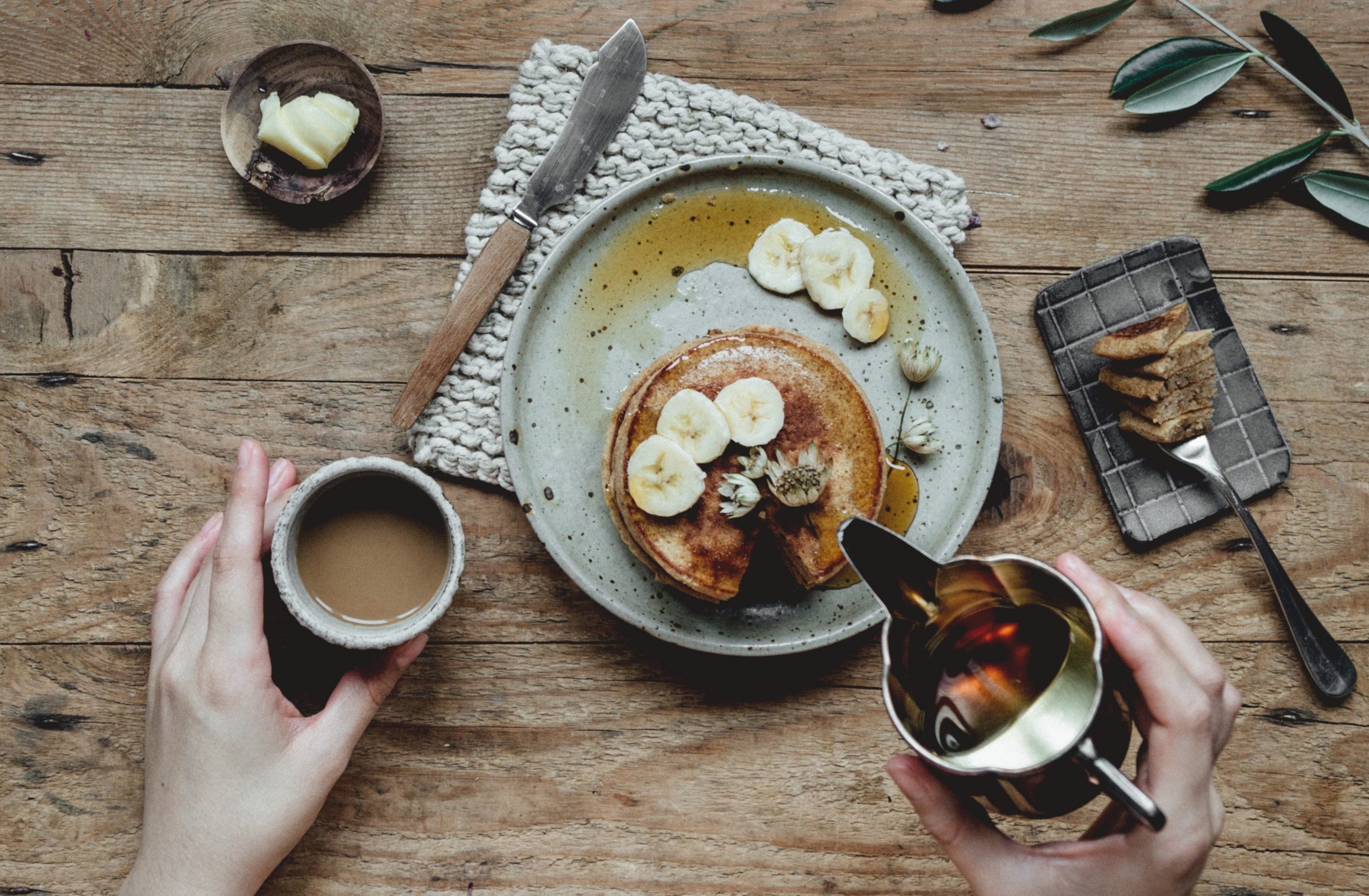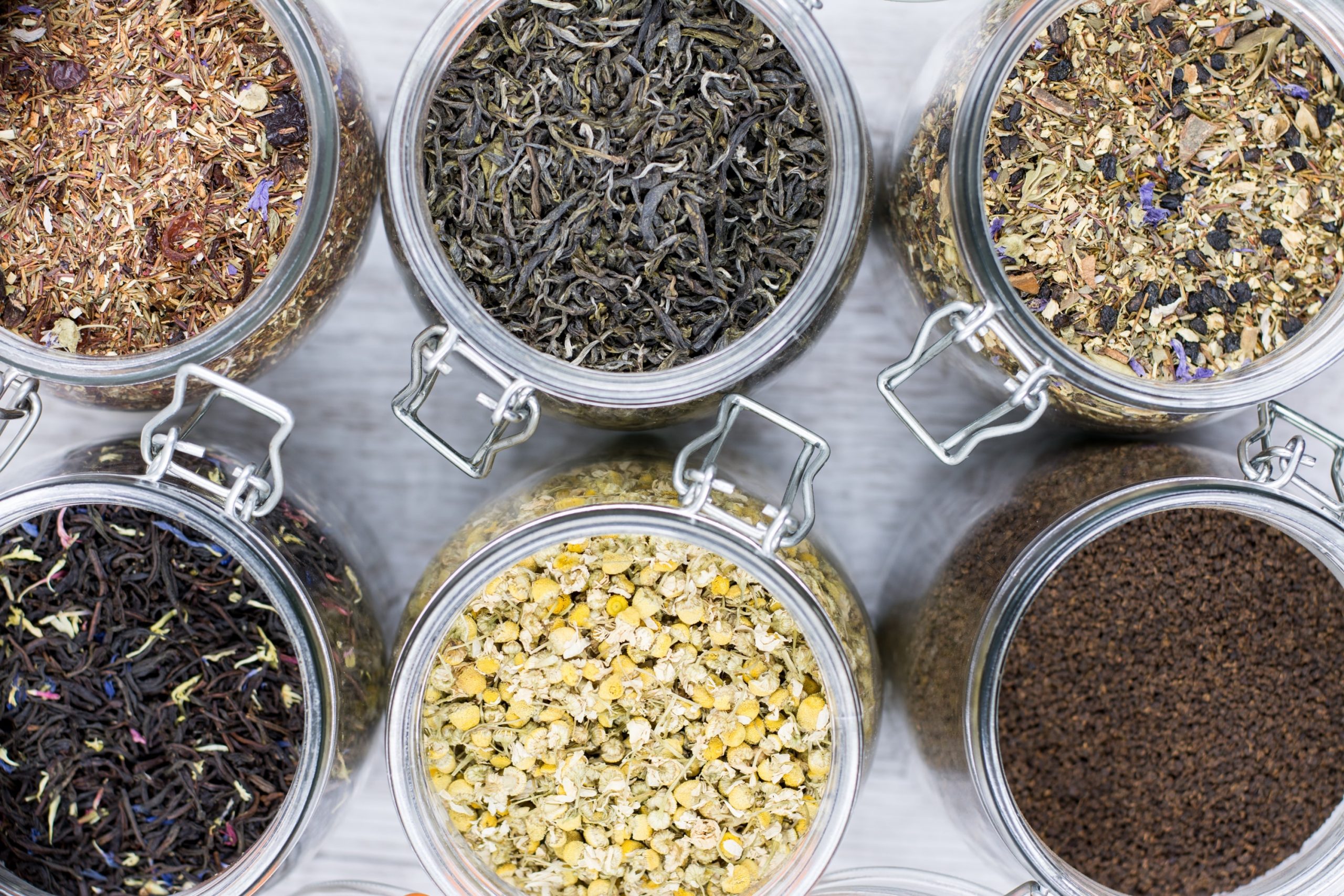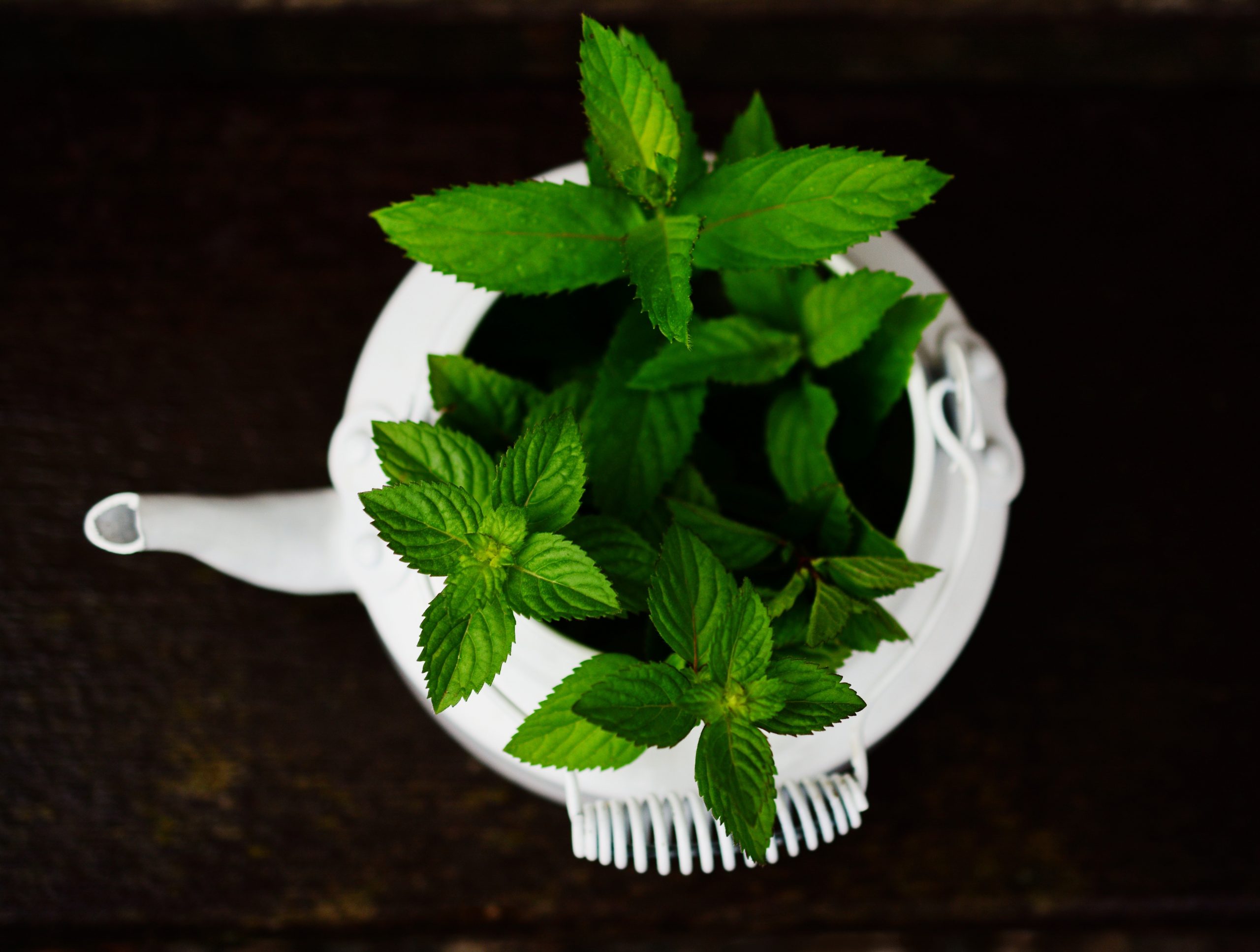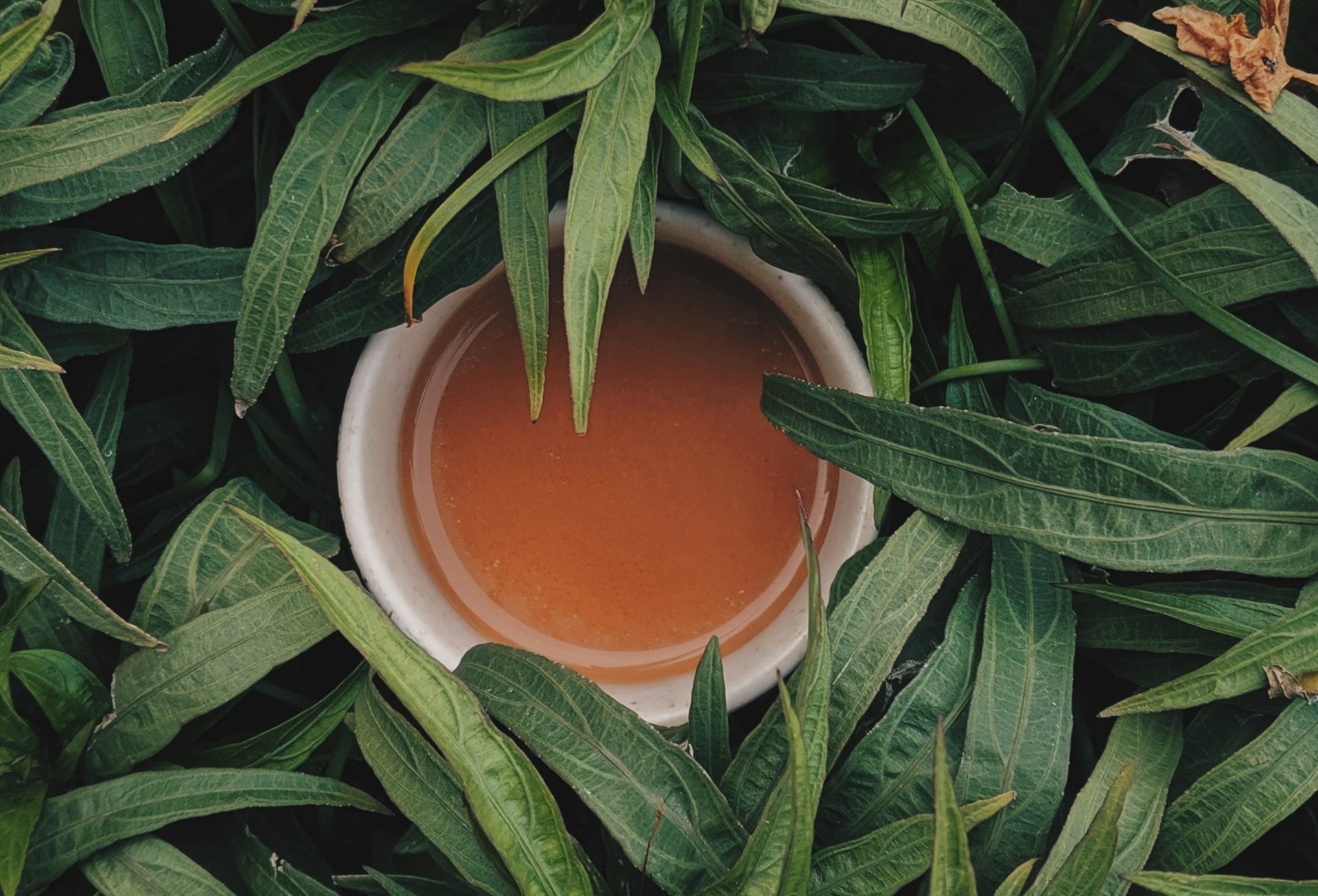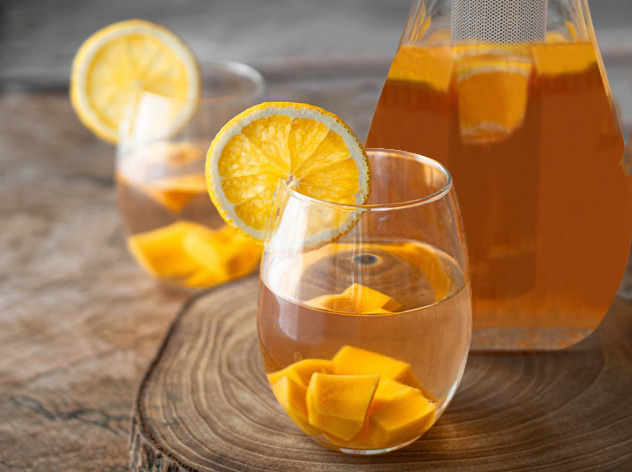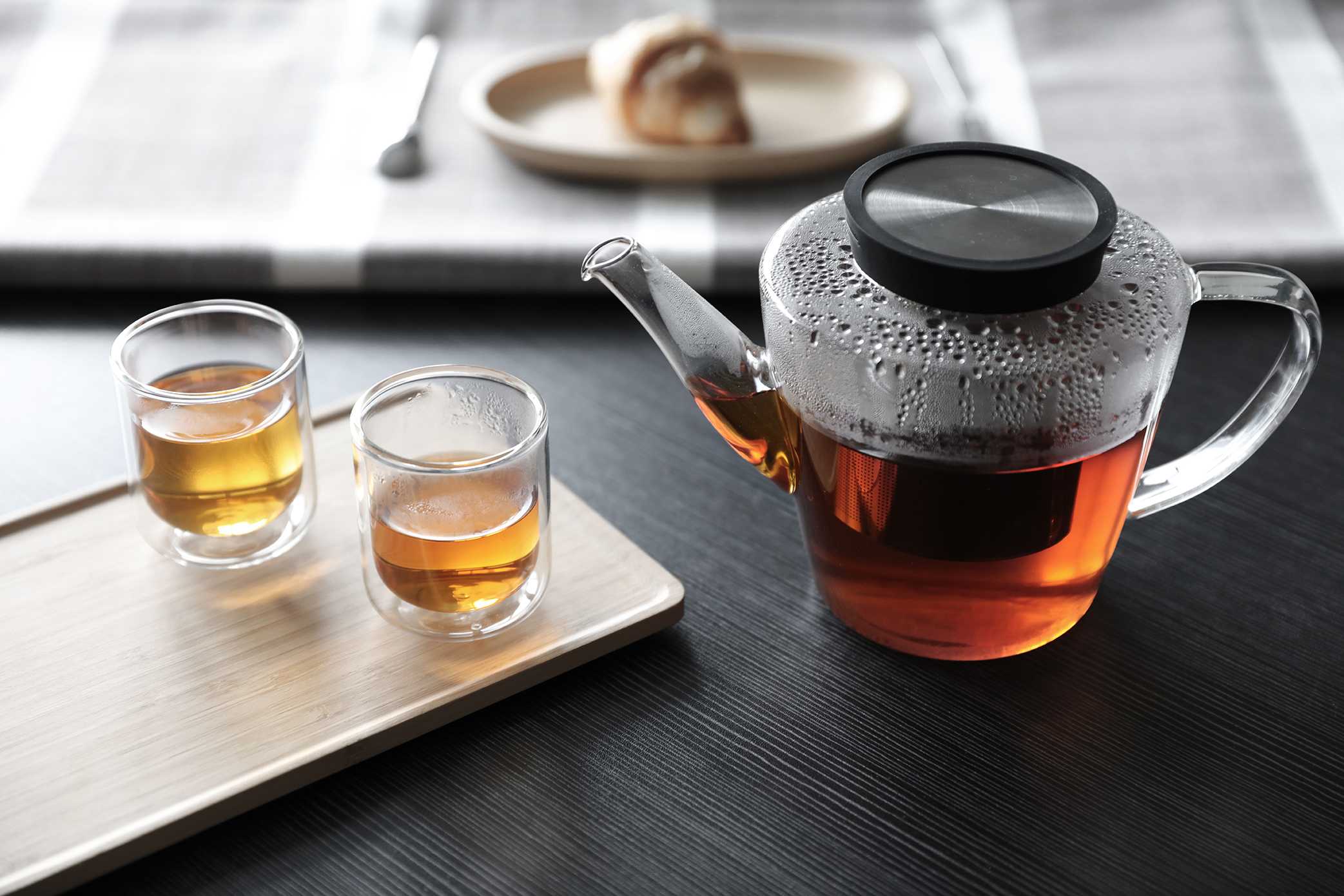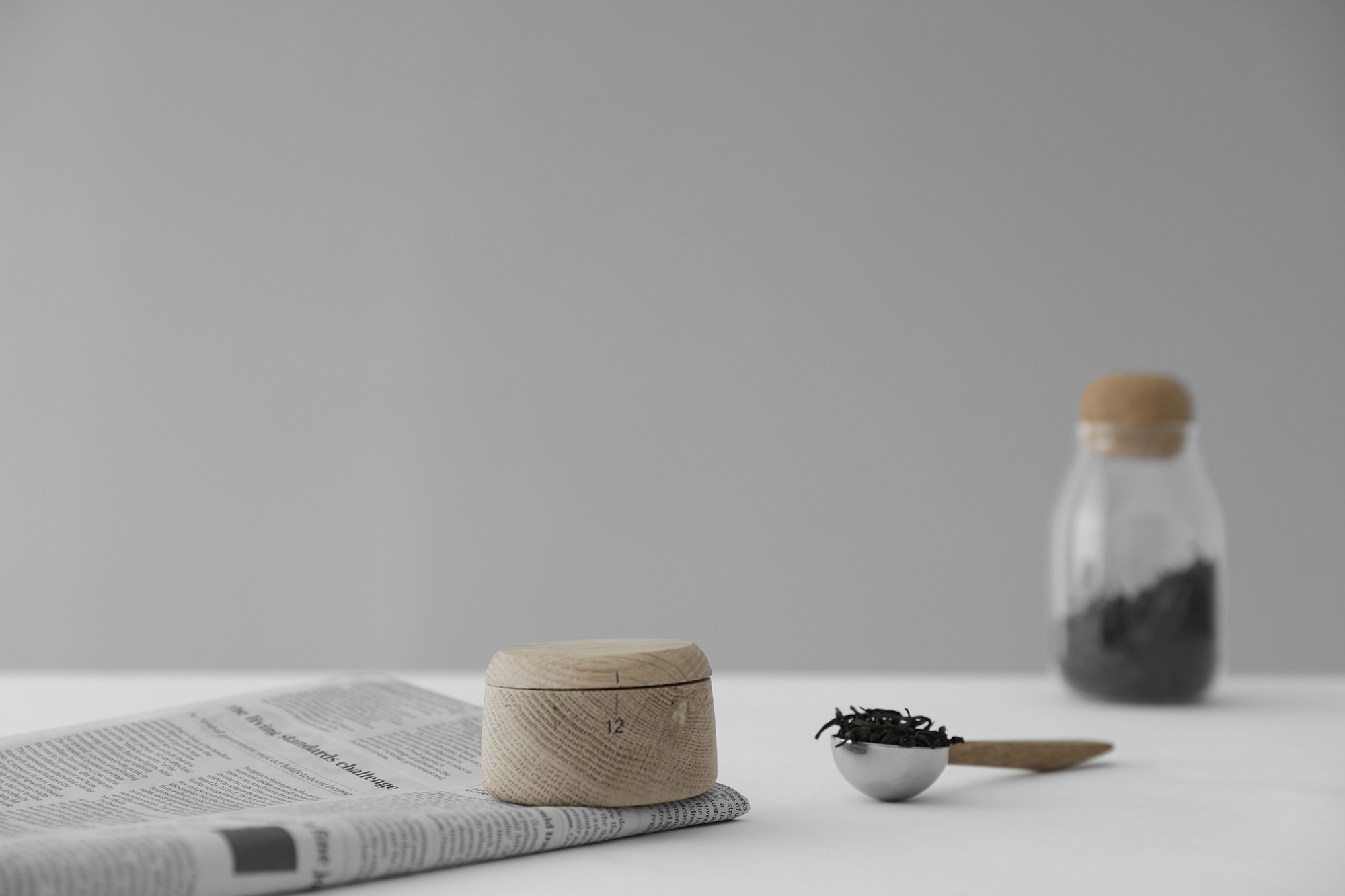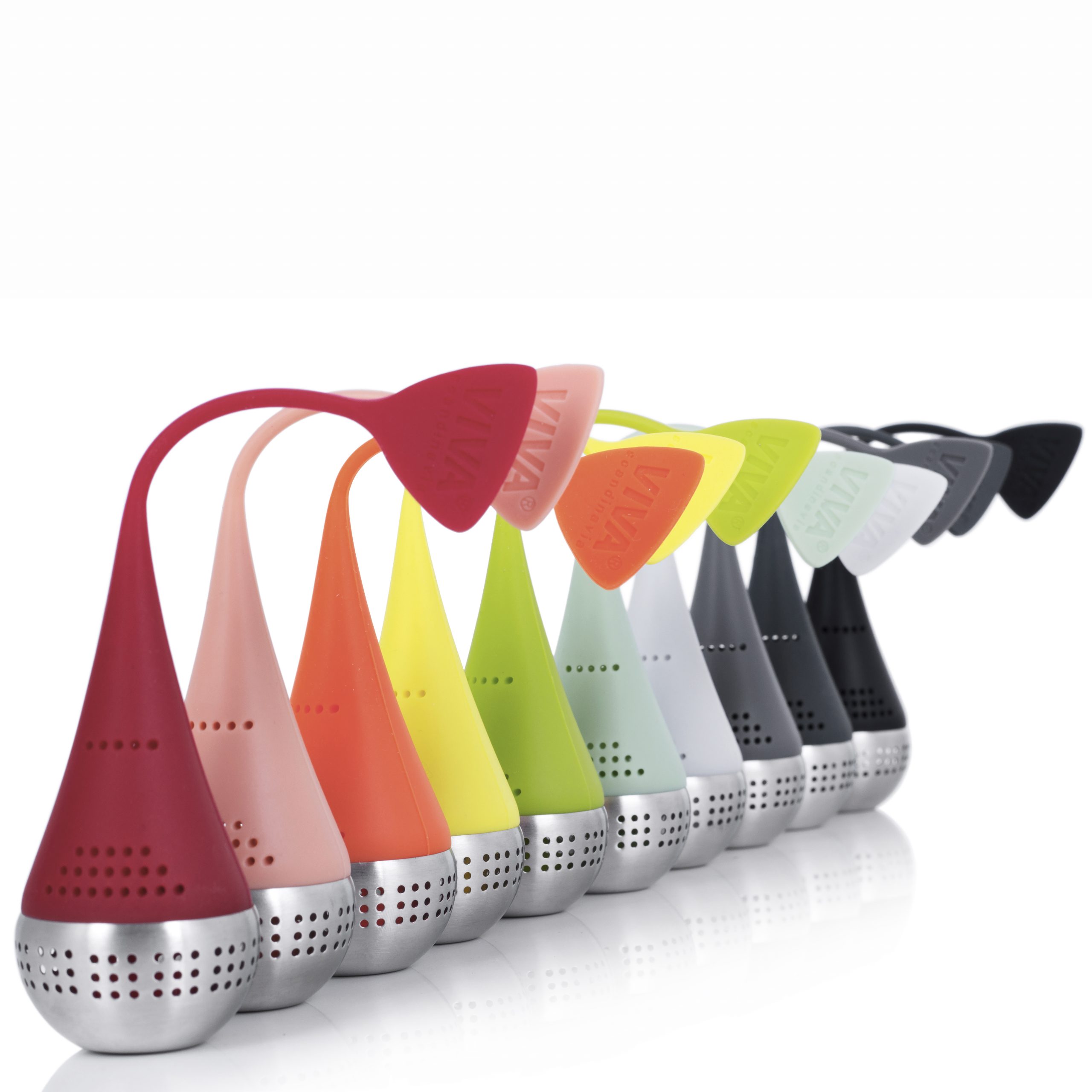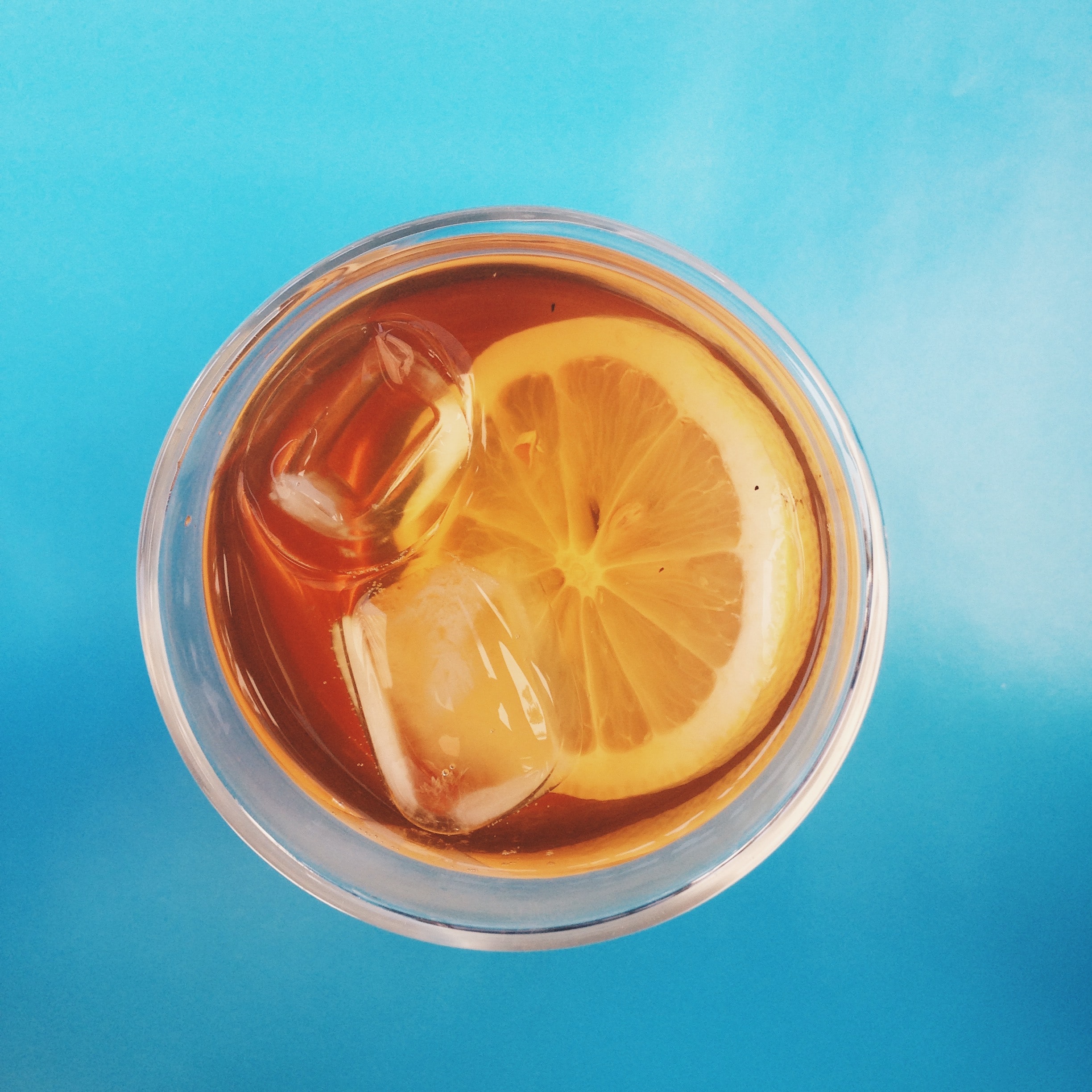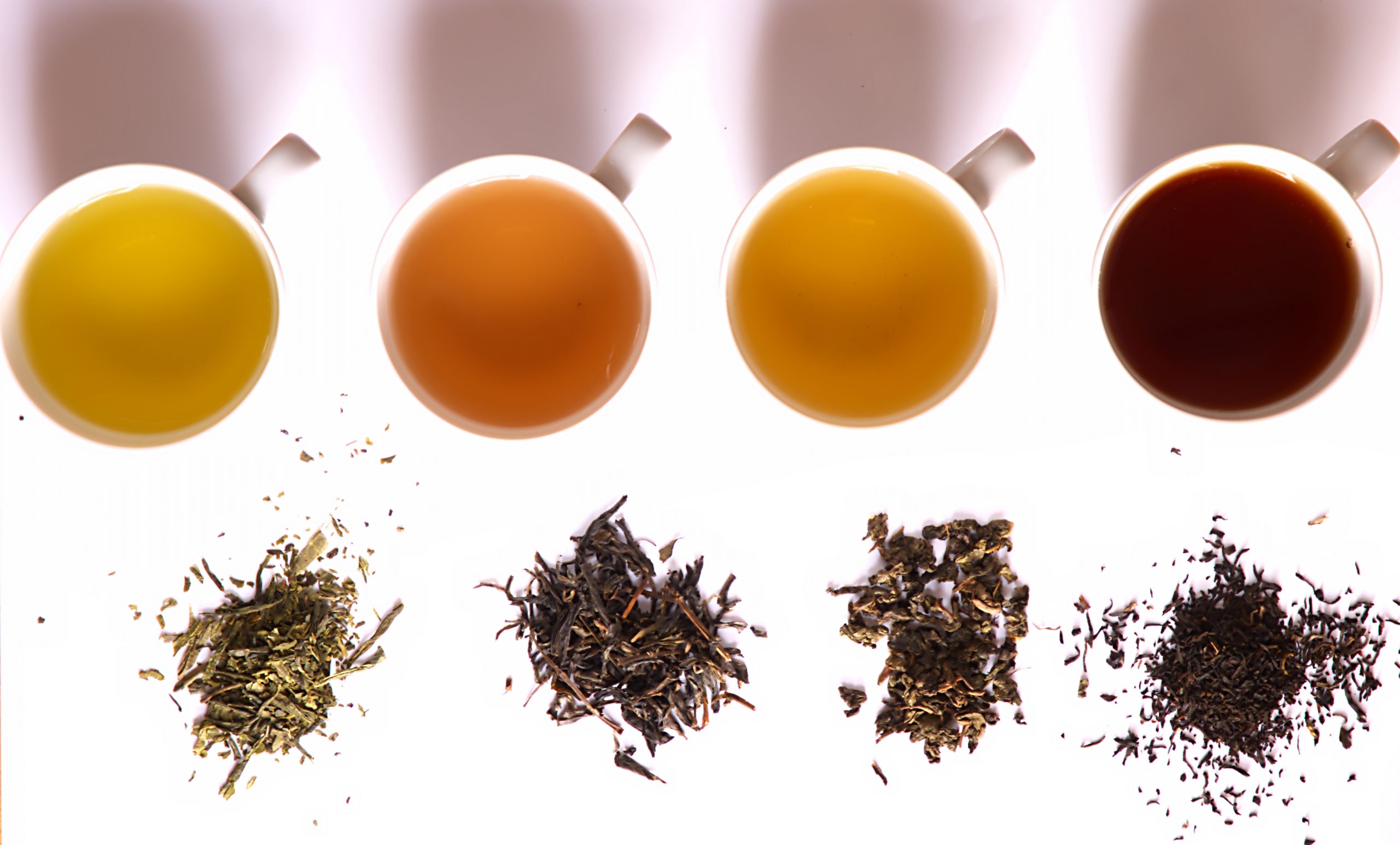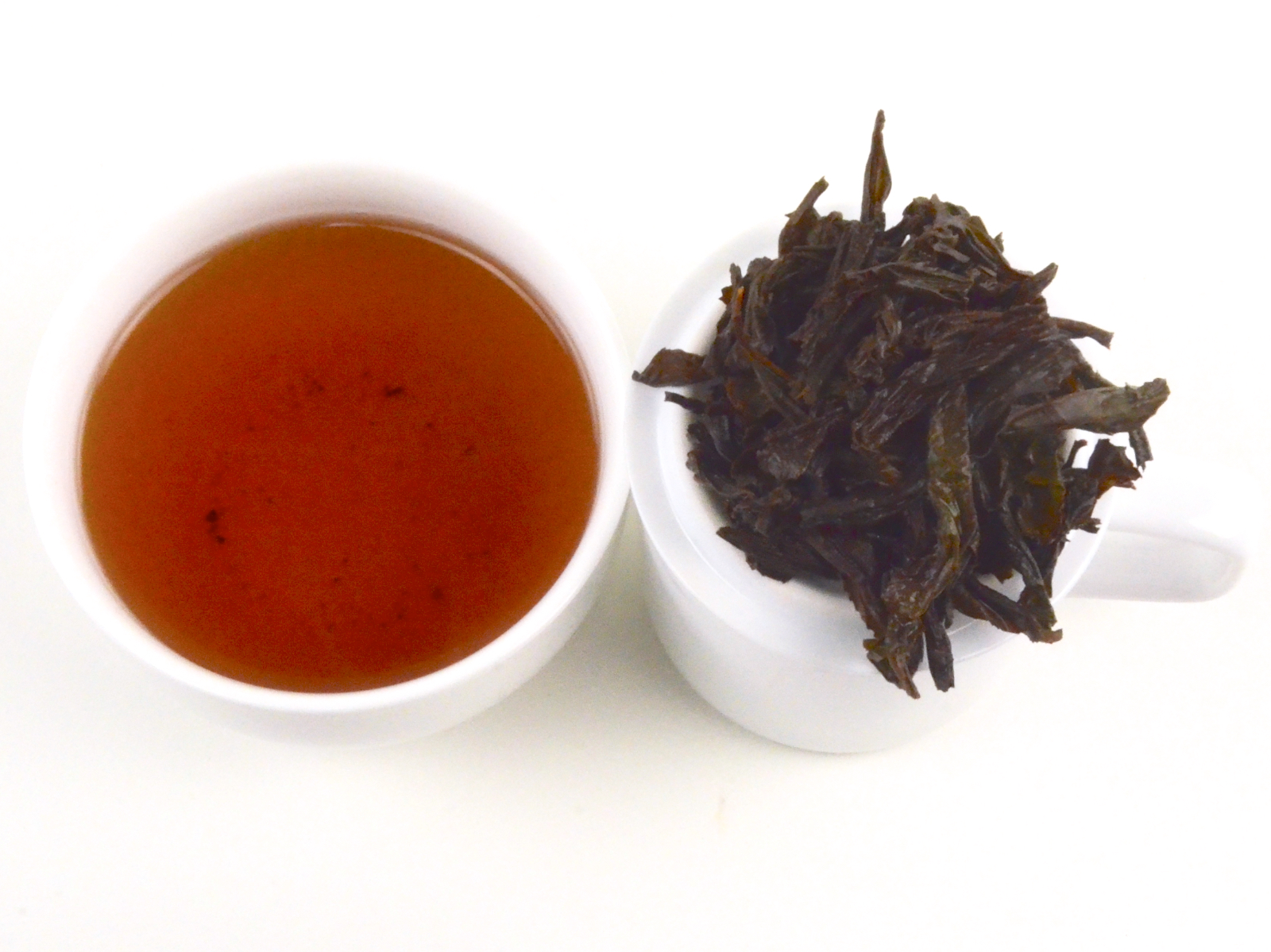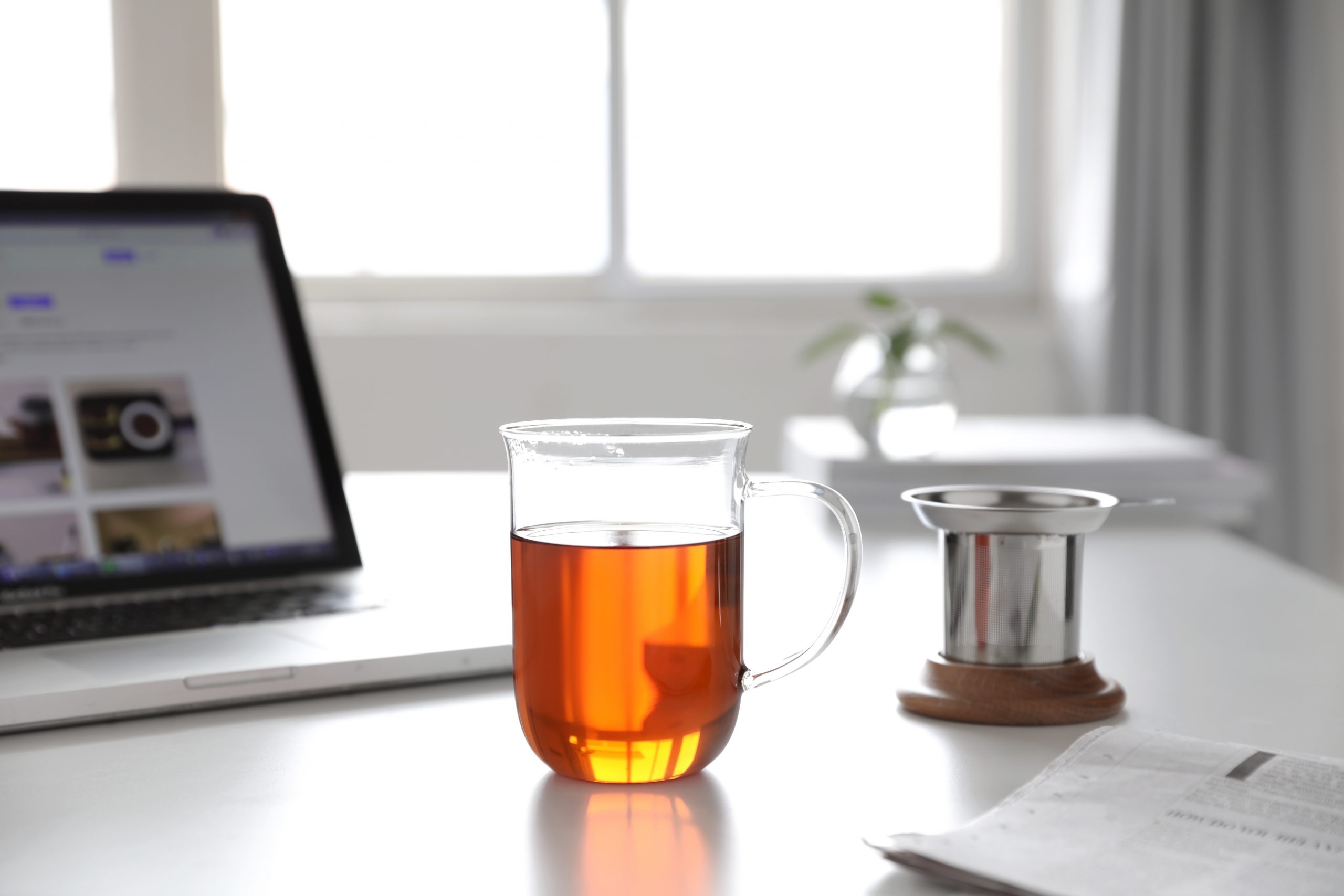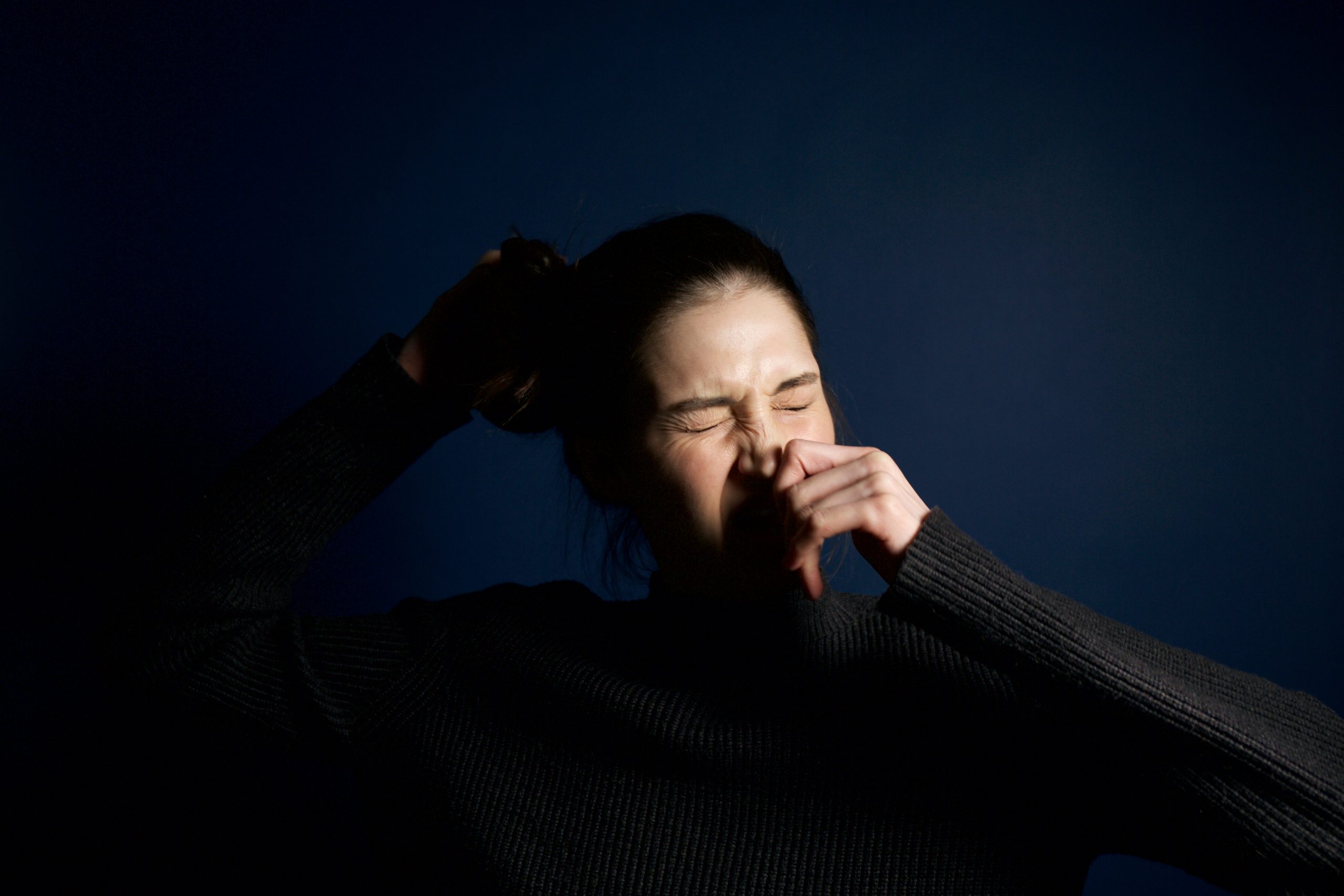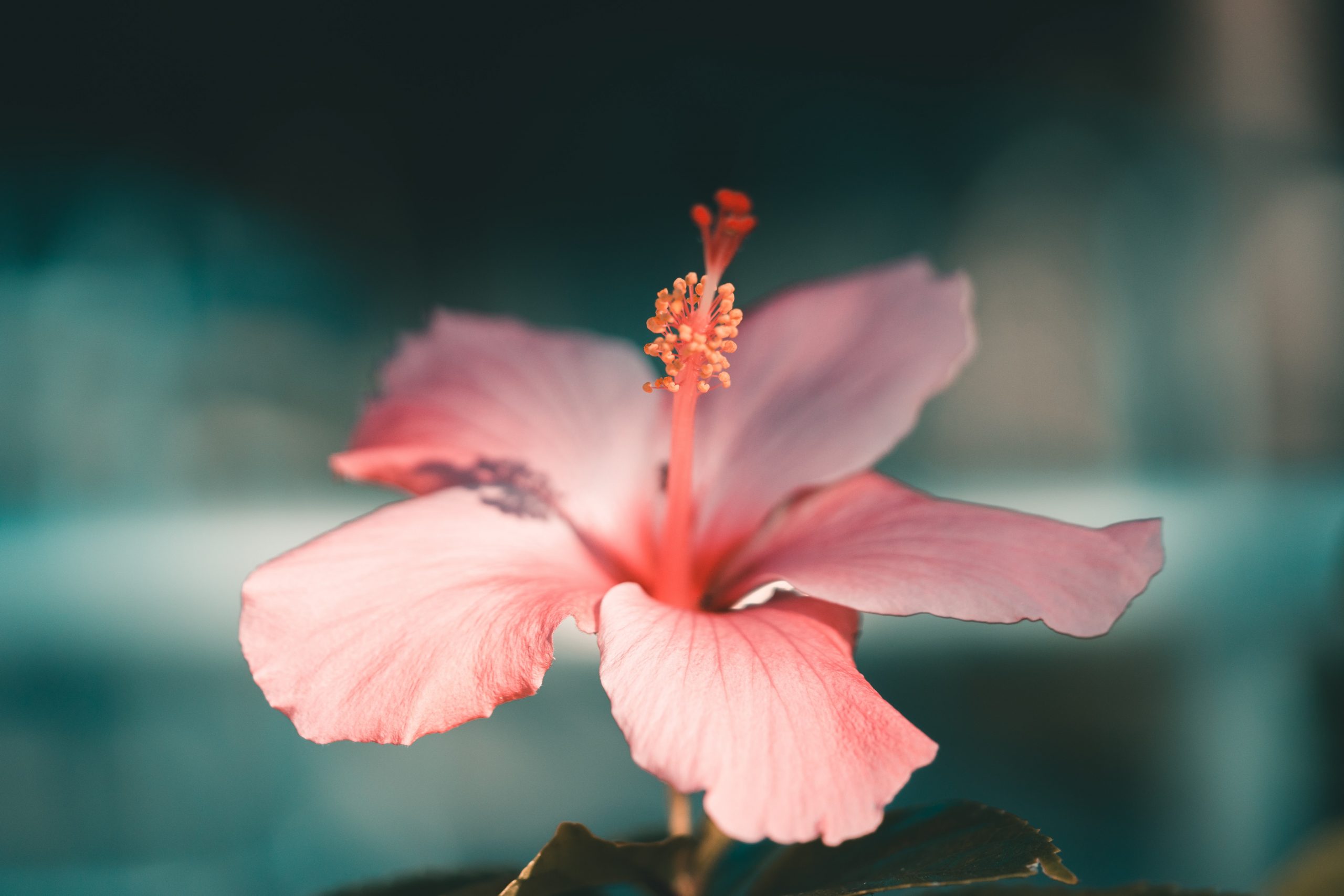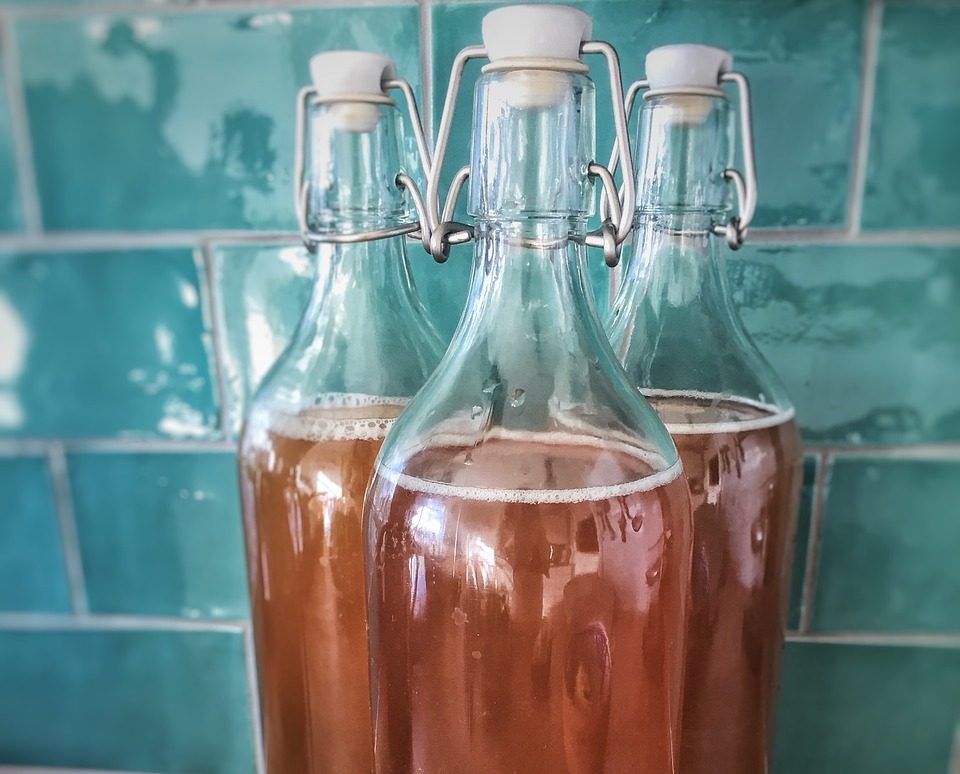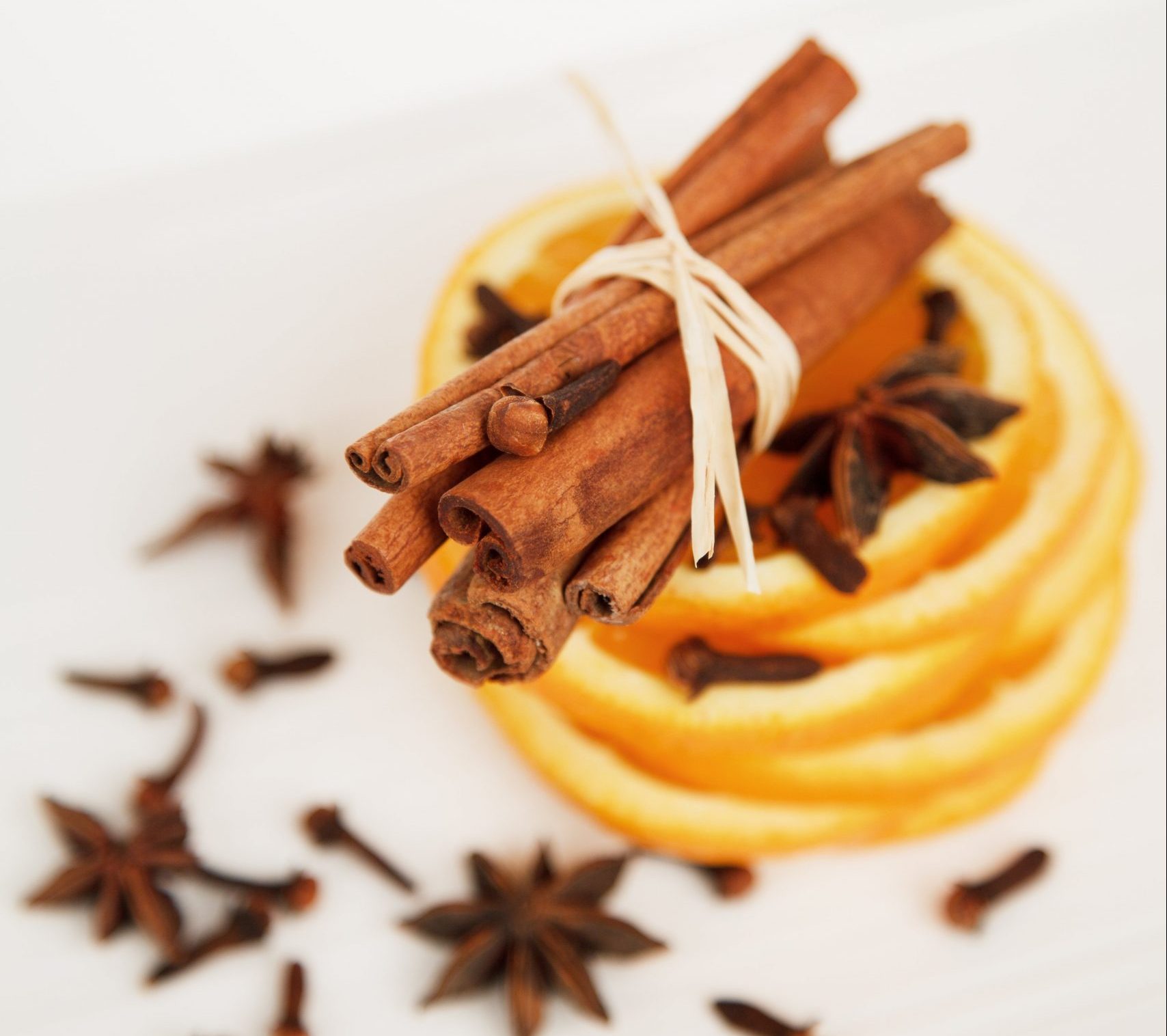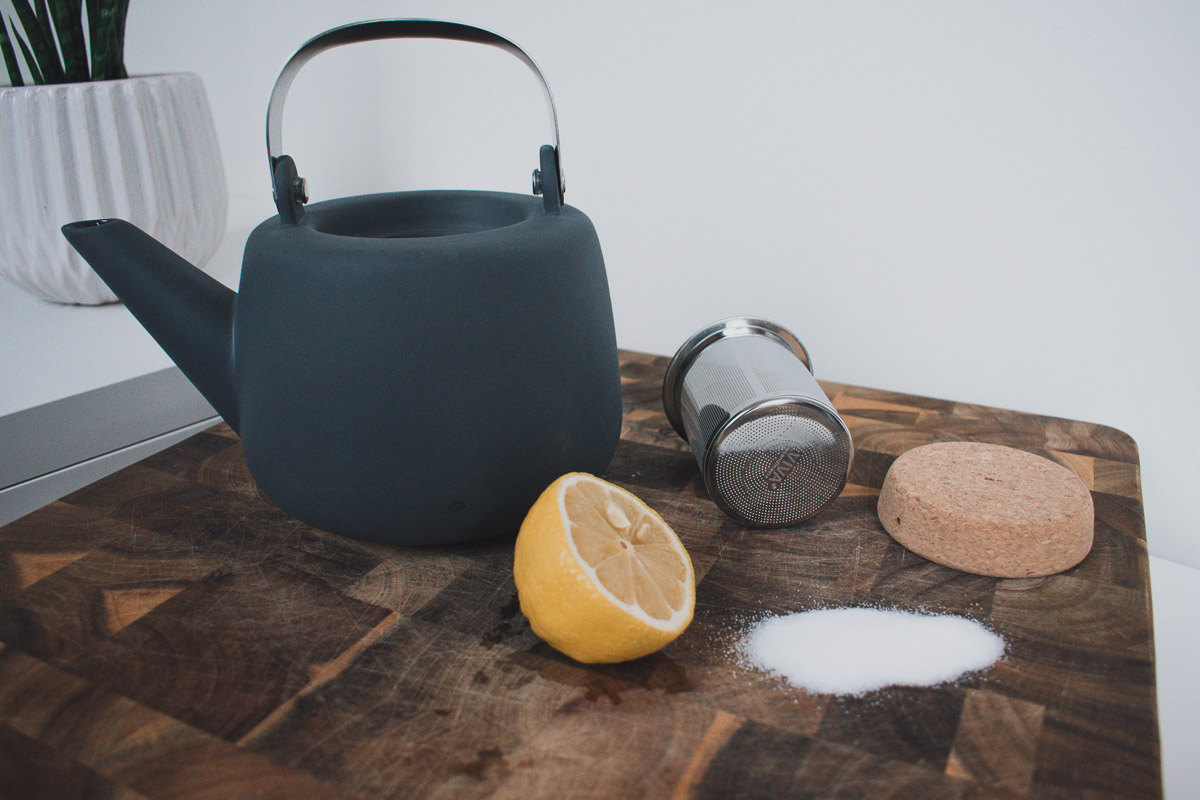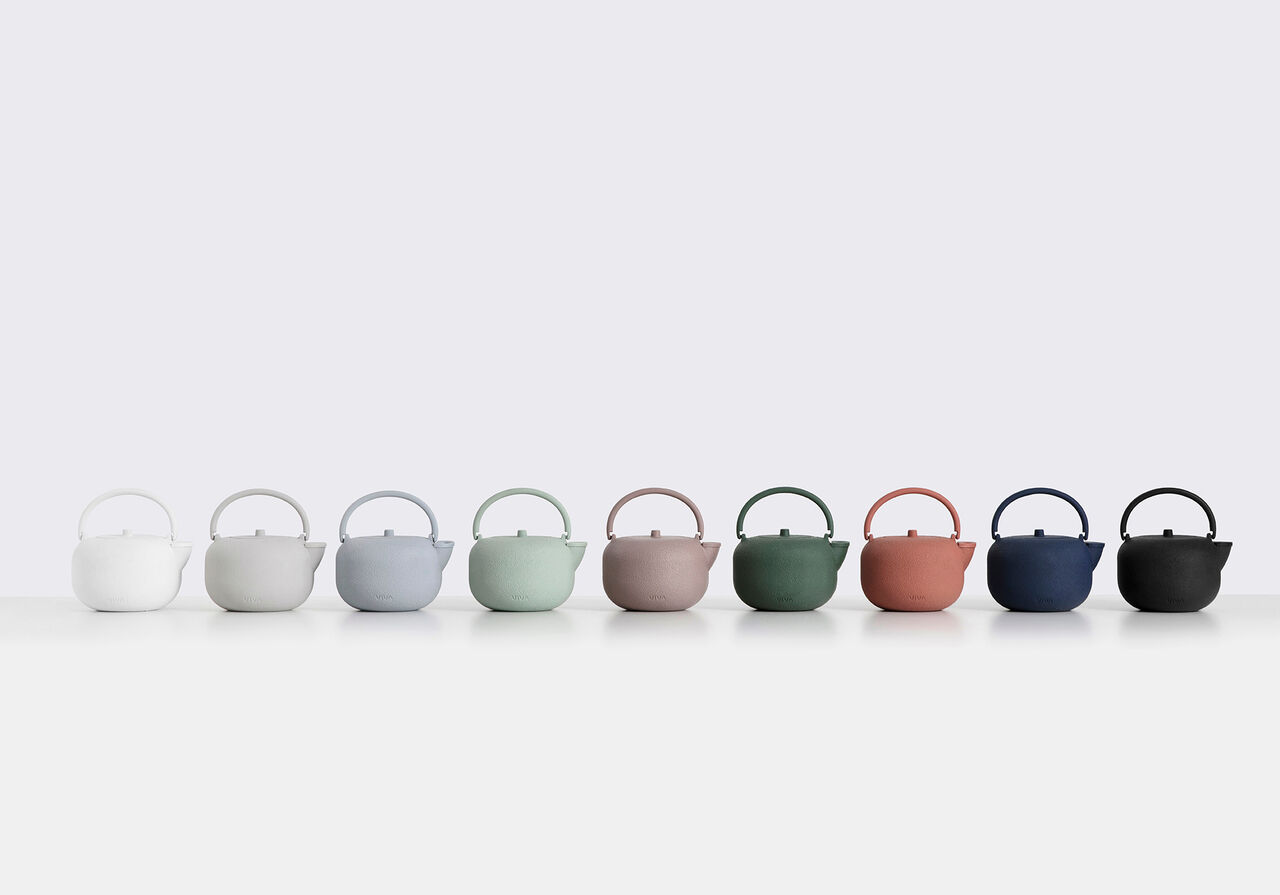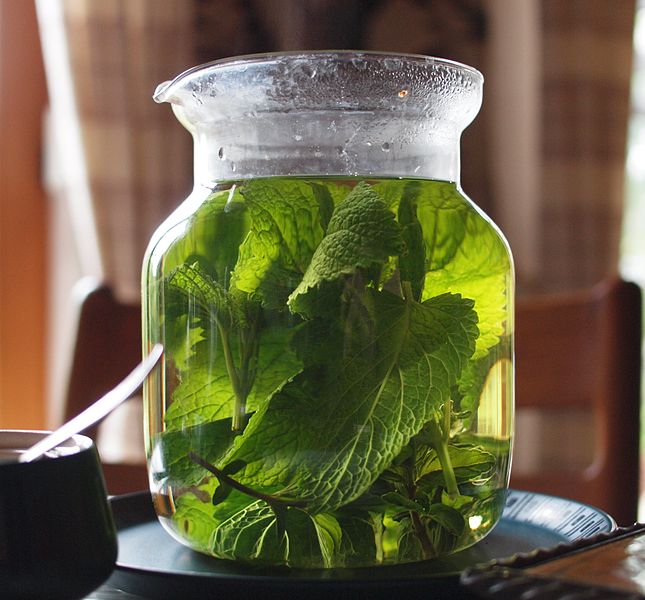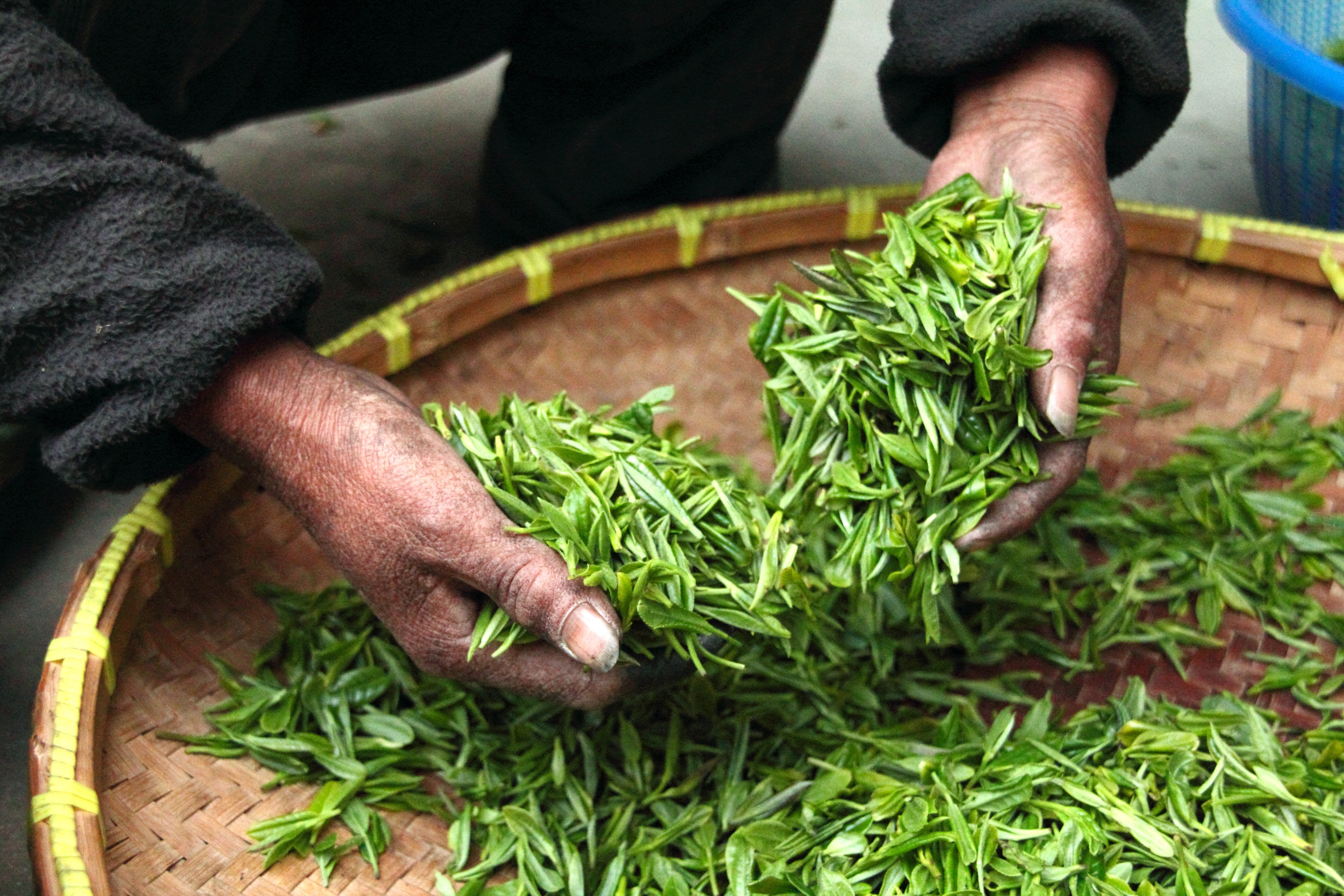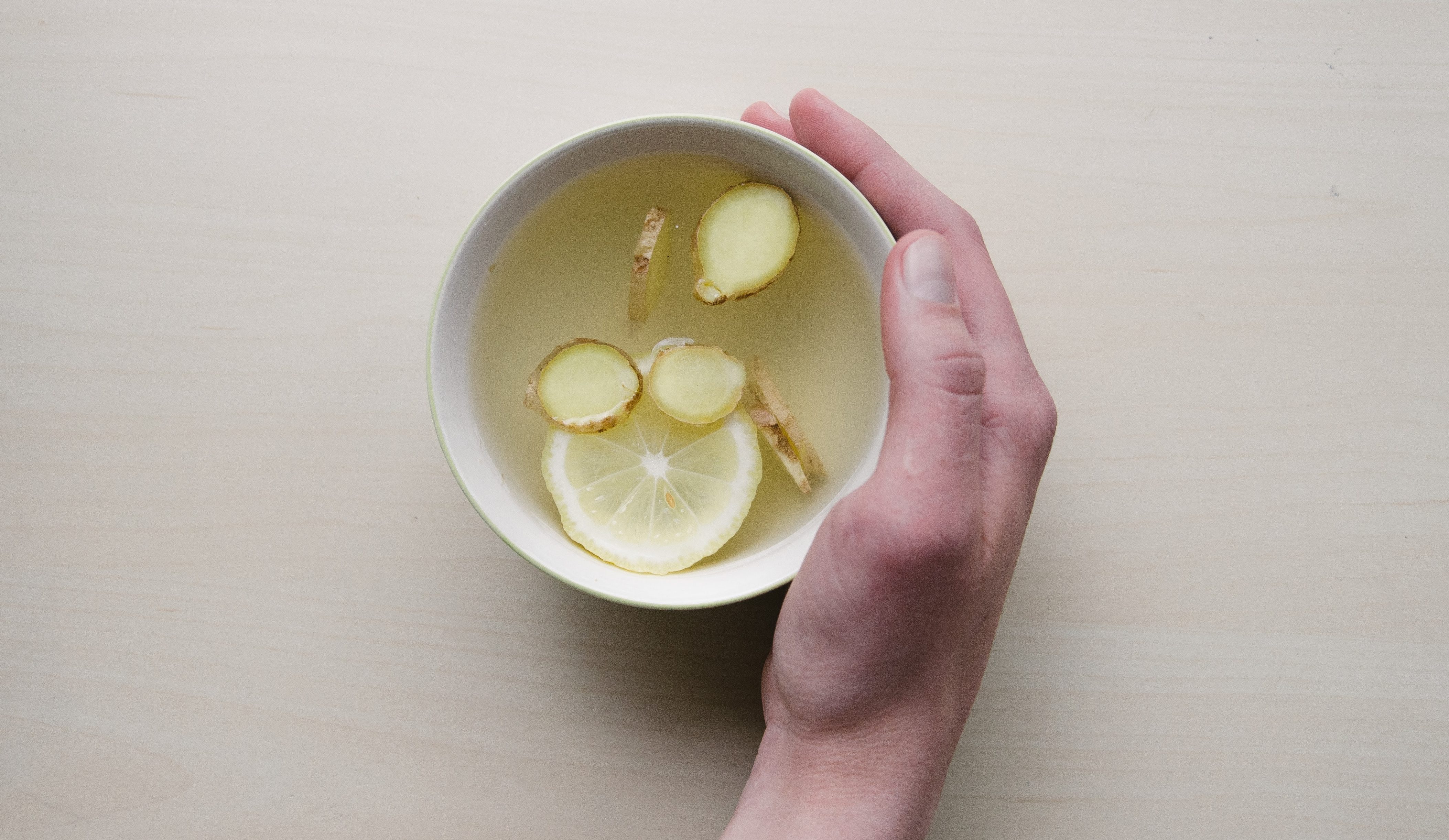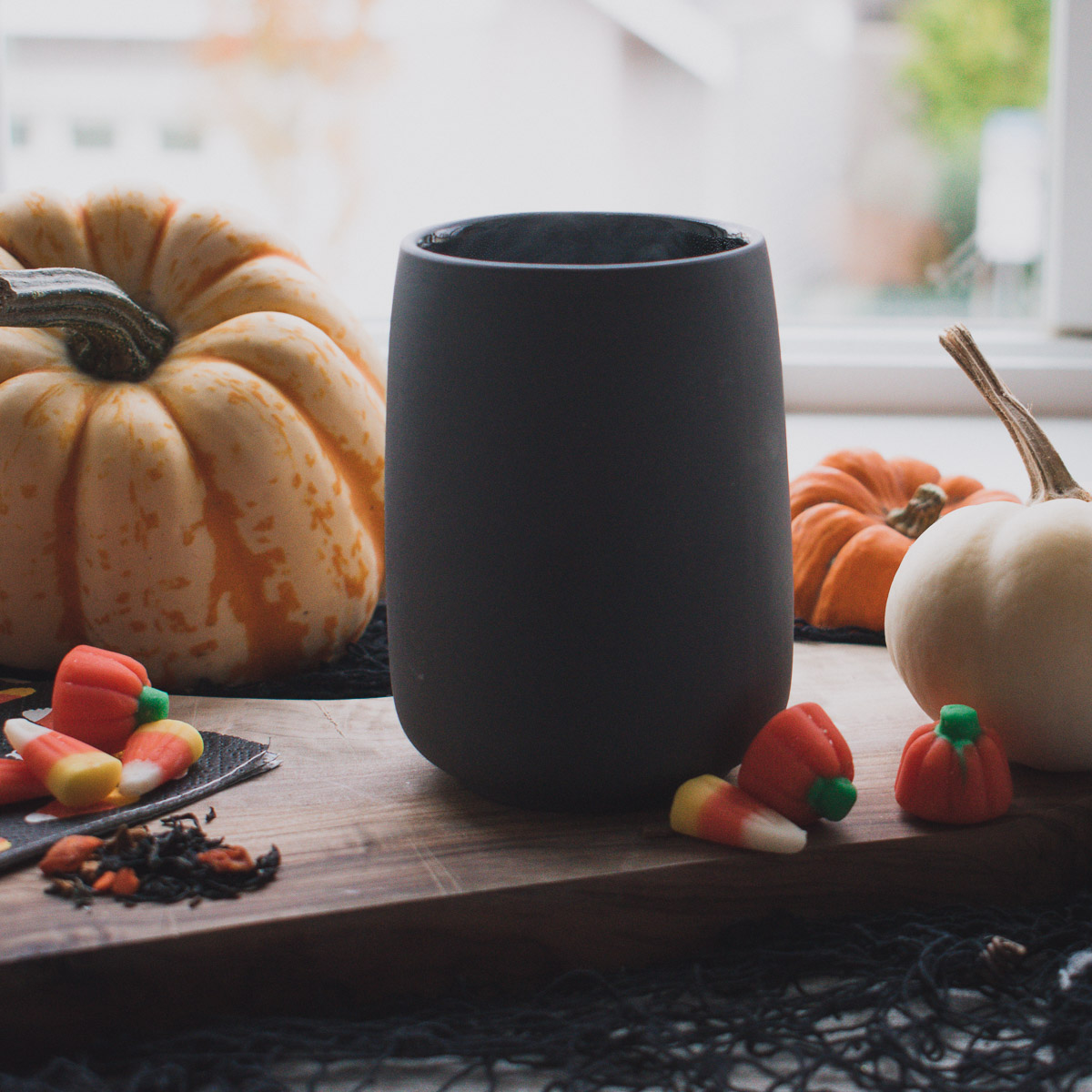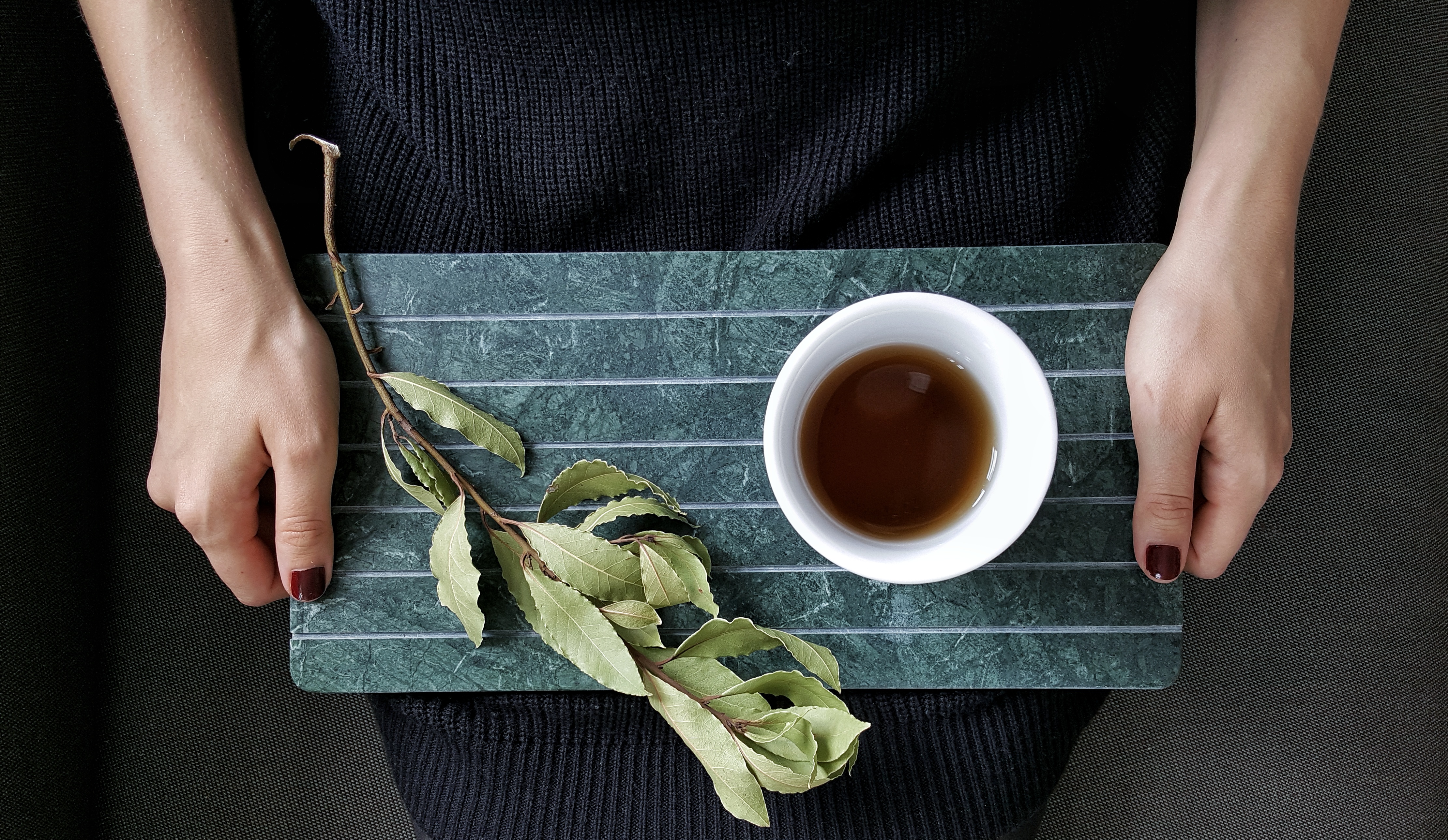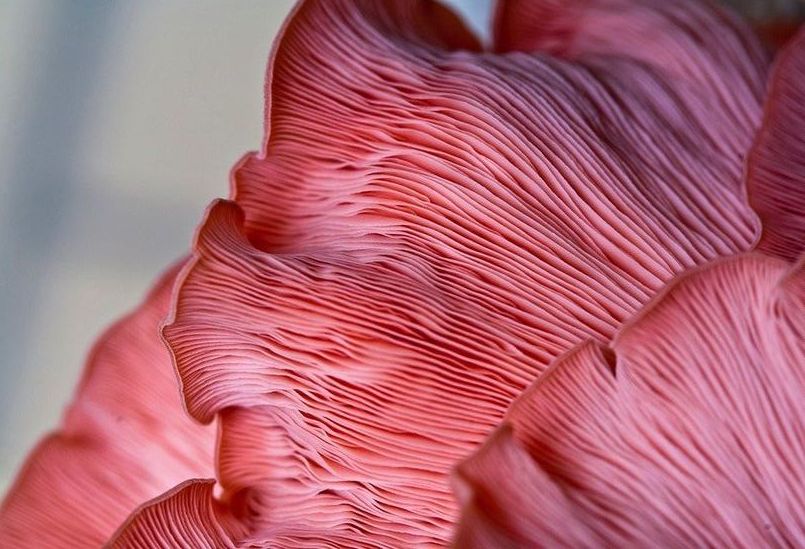Has anyone ever told you a cup of tea can help you sleep? While it might sound like advice steeped in folklore, herbal teas have long been recognized as relaxation and rehabilitation miracle-workers. Chief among them is chamomile.
When is a tea not a tea?
Chamomile is an herb that comes from a flower belonging to the Asteraceae plant family. To make the tea, the heads of the flowers are infused with hot water, producing a golden light brew that is fruity and floral in taste. But as tea sommeliers would point out, chamomile tea is not actually tea, it’s a tisane –an herbal infusion– because it’s not made from tea leaves. Nonetheless, its sweet aroma and health benefits have made it a household favourite since the birth of medicine in 500 BC.
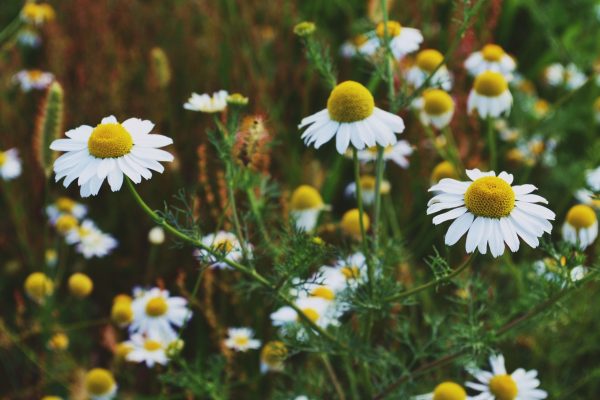
Tips for preparing a perfect pot of chamomile tea
Pre-made chamomile tea bags are easily found anywhere tea is sold. However, if you’re interested in making your own, it’s very simple. Chamomile tea can be made from fresh or dried flowers, depending on your preference. These daisy-like flowers can be found at many retailers that sell plants such as garden centres. Remove the head of the flowers from the stem, then, either make your own teabag for steeping or boil the flowers loosely in your teapot and strain them prior to serving. You could also use an infuser to contain the florals if you don’t want them floating in your water.
The ideal water to tea ratio is about eight ounces of water to three or four tablespoons of the flower. Bring the water to a boil, pour into your teapot and then add your loose leaf or tea. Let it steep for three to five minutes depending on your preferred strength before straining. In your cup, you will find a rich, golden-hued brew with a sweet apple-like taste and scent. You can also add mint to the pot or honey to your cup. While some teas pair perfectly with milk, this tea is most often sipped on without dairy.
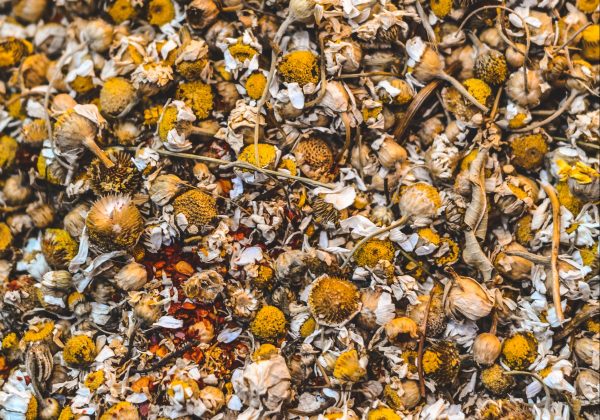
Popular Benefits of Chamomile Tea
Chamomile reduces stress and anxiety
Perhaps one of the most popular known uses of chamomile tea is to help relieve stress and anxiety. And there’s science to back up that belief. A 2016 study in the medical journal Phytomedicine found that chamomile tea decreased symptoms caused by “moderate-to-severe generalized anxiety disorder.” This is because the flowers are made up of chemicals known as flavonoids, nutrients that give them their medicinal qualities. In particular, the flavonoid apigenin –an antioxidant– targets the brain’s receptors and neurotransmitters promoting relaxation and easing anxiety.
When to drink chamomile for a better night’s sleep
In fact, a 2016 study in the Journal of Advanced Nursing found that postpartum women who consumed chamomile tea experienced better sleep than those that did not over a two-week period. The reason: one of the effects of the apigenin flavonoid in chamomile tea is to calm the body and mind, which helps promote sleepiness.
The best time to sip on a warm cup of chamomile tea is 30 minutes before you climb into bed. That will allow your body the time needed to digest and your blood to deliver the apigenin to your brain for the calming effects of the herb to start working.
Chamomile relieves inflammation
Have you ever had a headache that just won’t go away or stomach cramps that make you buckle over? The cure to those ailments might be found in a teapot.
A study in the Journal of Ethnopharmacology looked at the medicinal qualities of chamomile to prevent diarrhea. In the study, mice that were given chamomile prior to a dose of castor oil experienced less severe digestive symptoms than those which didn’t. Once more, it’s the previously mentioned flavonoids in the plants that sooth the nagging headache pain and muscle spasms, and ease digestive issues such as stomach cramps, diarrhea and gas. The herb does this by relaxing muscles and opening blood vessels.
Chamomile promotes healthy, clear skin
All of the above benefits involve drinking chamomile tea. However, the herbal brew serves purposes outside of titillating the taste buds and alleviating tension; it can be used as a topical skin condition treatment.
The anti-inflammatory and antiseptic qualities of chamomile tea reduce dry, flaky and itchy skin caused by eczema or allergic reactions. To try this, soak a cotton ball or cotton swab in cooled chamomile tea and apply it directly to the affected areas of the skin. An alternative option is turning your bathtub into a warm, tea-filled pool to relax in while the chamomile does all of the work.
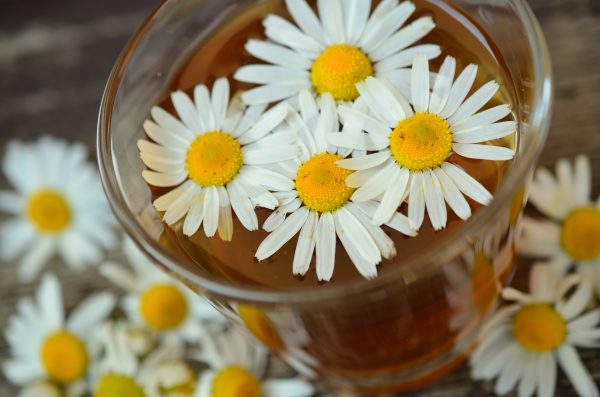
Who should avoid chamomile tea
Even though chamomile tea sounds like a solve-all, miracle brew and is generally seen as safe by most medical professionals, there are a few potential side effects.
During pregnancy
Many people wonder about the effect chamomile tea’s medicinal components will have on a pregnancy. While more clinical research into the herb’s effects is needed, the general consensus is that it should be avoided during pregnancy. Before making any decisions or taking chamomile products, be sure to consult your family physician for medical advice.
Many people wonder about the effect chamomile tea’s medicinal components will have on a pregnancy. While more clinical research into the herb’s effects is needed, the general consensus is that it should be avoided during pregnancy. Before making any decisions or taking chamomile products, be sure to consult your family physician for medical advice.
Infants
and Children
Similar to pregnancy, when it comes to infants and
children, there is little research into the effects chamomile might have on
young, developing children or the safe dosage. Though some reports suggest
little negative effects, a majority of medical professionals argue that these
reports are not conclusive and further studies are needed. Contact your
healthcare provider before giving the tea to your children.
People with seasonal allergies
Though rare, it is possible to suffer an allergic
reaction from drinking chamomile tea or using herb-based products. People who
are susceptible to ragweed and plants in the daisy family should avoid chamomile
as it could aggravate their symptoms such as eczema, inflammation and
irritation of the skin.
